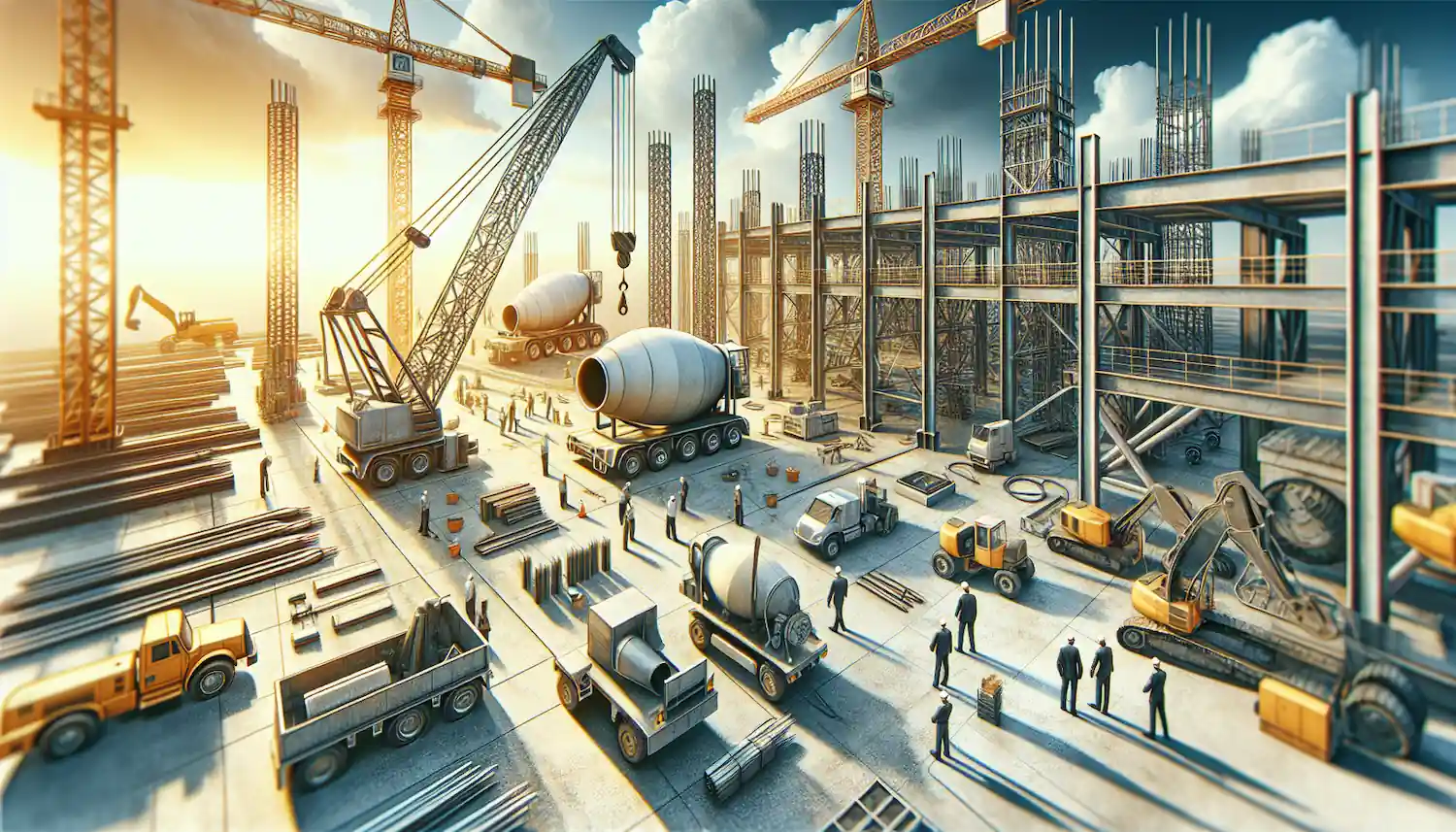Expert Tips on Choosing Earthmoving Equipment for Large Projects
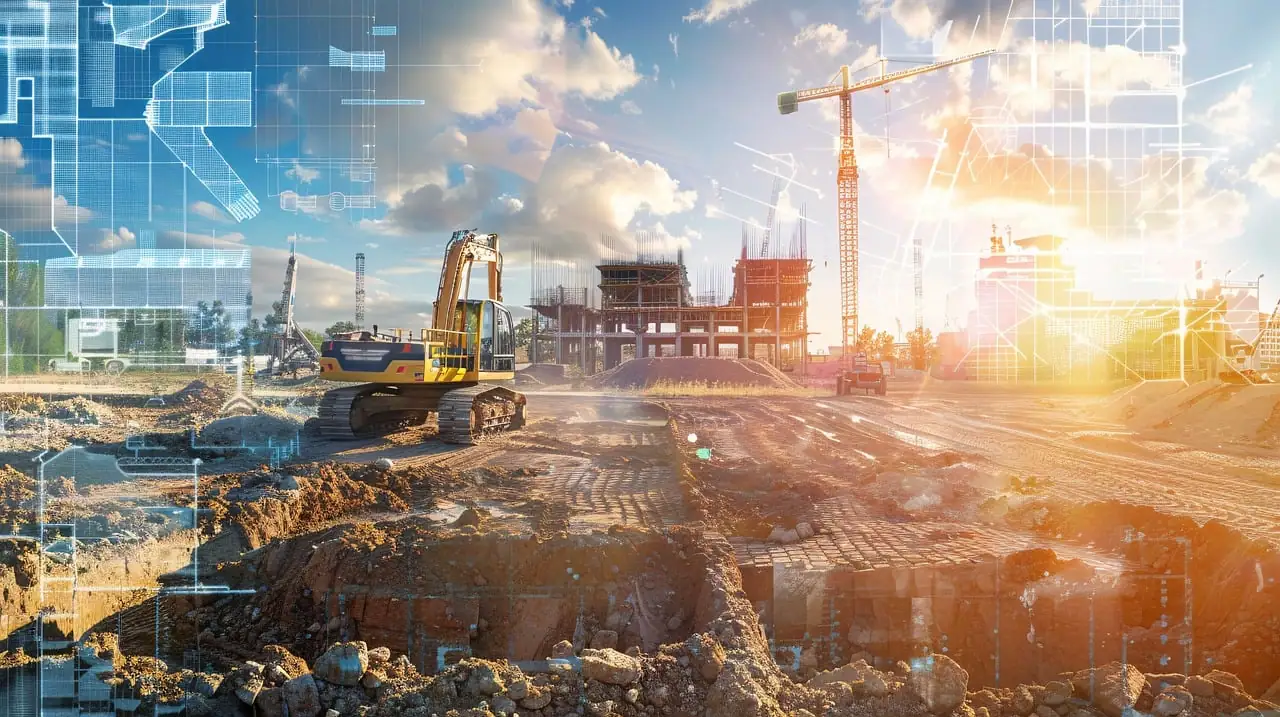
In this article, we will explore expert tips on identifying the scope of your project, evaluating equipment types and their versatility, and considering operational and site conditions. Each of these factors plays a critical role in the decision-making process. Whether you’re assessing the size of construction equipment necessary for your project, the type of terrain you will be working on, or the maintenance of equipment, our goal is to provide you with comprehensive guidance to make informed decisions.
These insights will assist in not just the selection of earthmoving equipment but also in maximizing the efficiency and longevity of your investment in construction machinery.
Identify the Scope of Your Project
Understanding Project Scale
When initiating your construction project, it's crucial to evaluate the specific machinery required. The range of equipment varies significantly depending on whether you are undertaking a large-scale development or a smaller endeavor. Assessing the physical layout and environmental factors of your site is vital. Consider the size of the site, any obstacles present, and the terrain you will be working on. Extreme weather conditions and the type of landscaping work planned should also guide your equipment selection. Ensuring the equipment can handle these demands efficiently while prioritizing safety and minimizing operational disruptions is essential.

Evaluate Equipment Types and Their Versatility
Excavators
Excavators are highly versatile, used for tasks ranging from debris removal and digging to grading and canal dredging. They are available in various sizes and capacities, making them suitable for different environments, from compact mini excavators for confined spaces to larger models for extensive digging depths .
Loaders
Loaders, essential for moving materials like soil and debris, come in several forms. Wheel loaders, equipped with a front-mounted bucket, are ideal for efficient material transport. In contrast, track loaders offer enhanced stability on uneven or soft terrains, making them excellent for challenging site conditions .
Bulldozers
Bulldozers are crucial for heavy-duty tasks such as land shaping and material leveling. They are available in various types including wheel bulldozers for large projects and mini bulldozers for smaller, residential areas. Each type is tailored to different terrain challenges, ensuring high efficiency in earthmoving operations .

Dump Trucks
Dump trucks are fundamental for transporting and dumping materials like sand, gravel, and demolition waste. They vary from standard models suited for general construction sites to articulated and transfer dump trucks designed for specific conditions and tasks, ensuring material transport efficiency across various project scales.
For optimal project outcomes, contact MCH parts for a free sourcing machinery or parts consultation and obtain a free quote. This step can significantly aid in ensuring you select the most suitable and cost-effective equipment for your project needs.
Consider Operational and Site Conditions
Type of Terrain
When selecting earthmoving equipment, it's imperative to consider the type of terrain you will be working on. For projects on steep slopes, equipment with tracks or an articulated frame is essential to ensure stability and safety . Additionally, the soil type significantly influences your choice of machinery. For instance, wheel tractor scrapers are recommended for sandy, loamy soils, while articulated trucks are better suited for hard, rocky, or wet clay soils.

Weather and Environmental Factors
Weather conditions can drastically affect the operational efficiency of your construction project. Extreme weather events, such as heavy rainfall or intense heat, can delay projects and damage equipment . It's crucial to adopt strategies that build resilience against such conditions. Utilizing AI-driven predictive maintenance can help in forecasting potential failures and scheduling timely repairs, thus minimizing weather-related disruptions . This proactive approach not only ensures continuous operation but also extends the lifespan of your equipment.
Сontact MCH parts for a free sourcing machinery or parts consultation and obtain a free quote.
Conclusion
Throughout the course of this article, we have delved into the essential considerations for selecting the right earthmoving equipment for large construction projects, highlighting the significance of understanding project scope, evaluating equipment versatility, and considering operational and site conditions. These considerations are indispensable to enhancing productivity, ensuring safety on the site, and maximizing the longevity of your construction machinery investment. Our discussion underscored the pivotal role of matching equipment types to the specific needs of your project and the invaluable insight provided by expert tips in streamlining this complex selection process.
The judicious selection of earthmoving equipment, as discussed, not only contributes to the operational efficiency and success of large construction projects but also underscores the broader implications of such decisions on project timelines, safety protocols, and budgetary constraints. Reflecting on the broader implications of these choices emphasizes the importance of expert guidance and comprehensive evaluation in optimizing the selection process for project-specific needs. Thus ensuring your project's success while also catering to safety and efficiency.
In this regard, consider reaching out to MCH PARTS for a free sourcing machinery or parts consultation, ensuring your business benefits from top-tier equipment and service. This proactive step can significantly aid in aligning your project requirements with the most suitable and cost-effective equipment choices, ultimately contributing to the seamless execution of large-scale construction endeavors.
FAQs
1. What should I consider when choosing earthmoving equipment for a project?
When selecting earthmoving equipment, it's crucial to consider the type of material you will be moving and the soil conditions, which can vary with environmental changes. The equipment should be flexible and versatile enough to handle different types of soil effectively.
2. What factors are important when choosing specialized equipment for a project?
Important factors to consider include the cost, quality of the products, after-sale services, speed, and the type and number of machines required. Additionally, it's essential to evaluate potential processes early in the design stage to ensure the selection of the most efficient manufacturing process.
3. Which earthmoving equipment is ideal for both excavation and moving large volumes of earth?
Dozers are highly recommended for tasks that involve both excavating and moving large amounts of earth. They are robust machines equipped with large front-mounted blades that can push dirt or rocks, and are versatile for uses such as leveling, drain cutting, lifting, towing, land cleanup, excavation, benching, and ripping.
4. What criteria should be used to select the right equipment for a project?
The primary criterion for selecting equipment is its usefulness, meaning whether it will fulfill the project's specific needs. Other important criteria include suitability for the task, durability, cost-effectiveness, ease of maintenance, attractiveness, teacher preference, and safety.
Read More
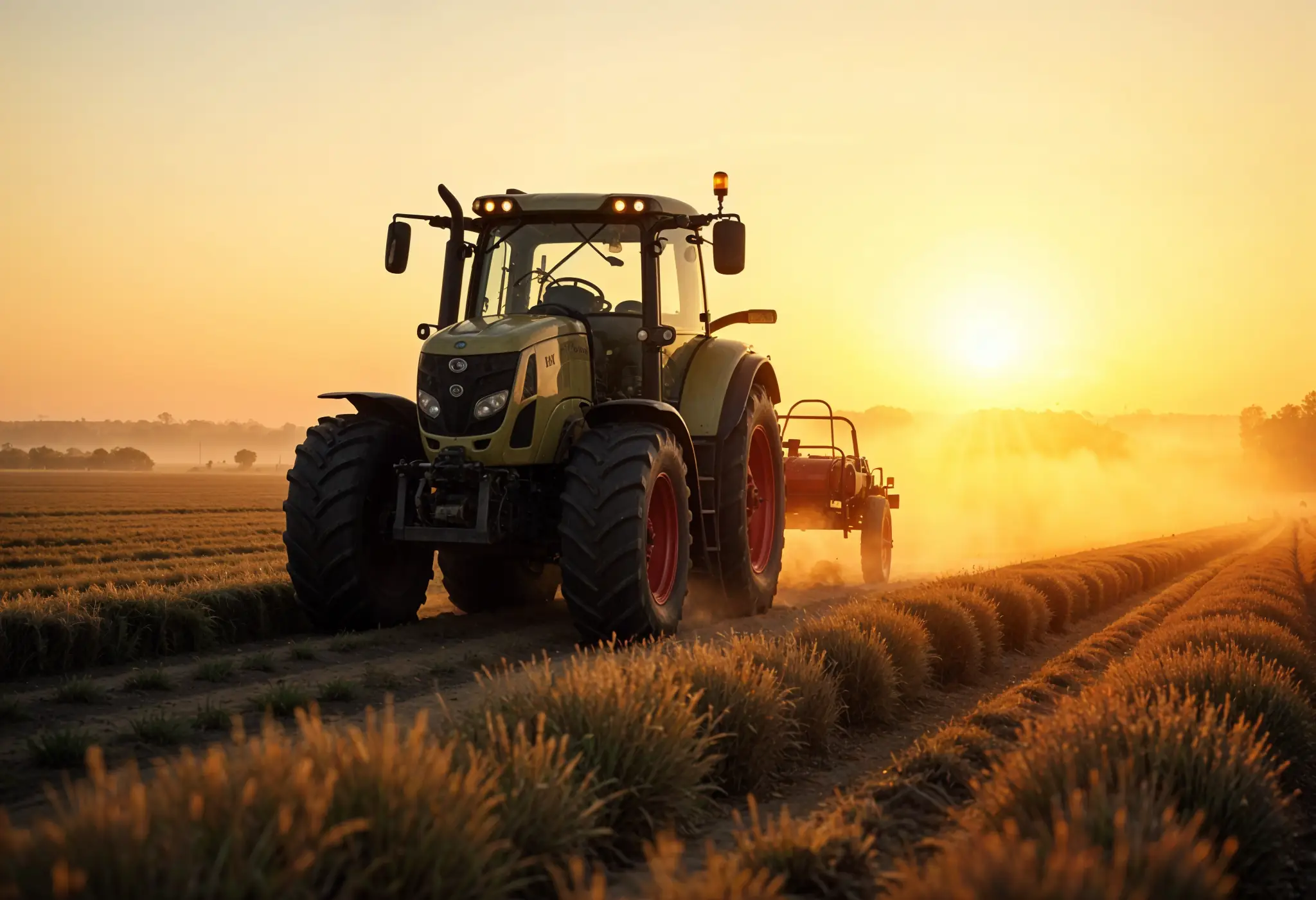
Top Hydraulic Components for Agricultural Equipment in 2025: Complete Guide
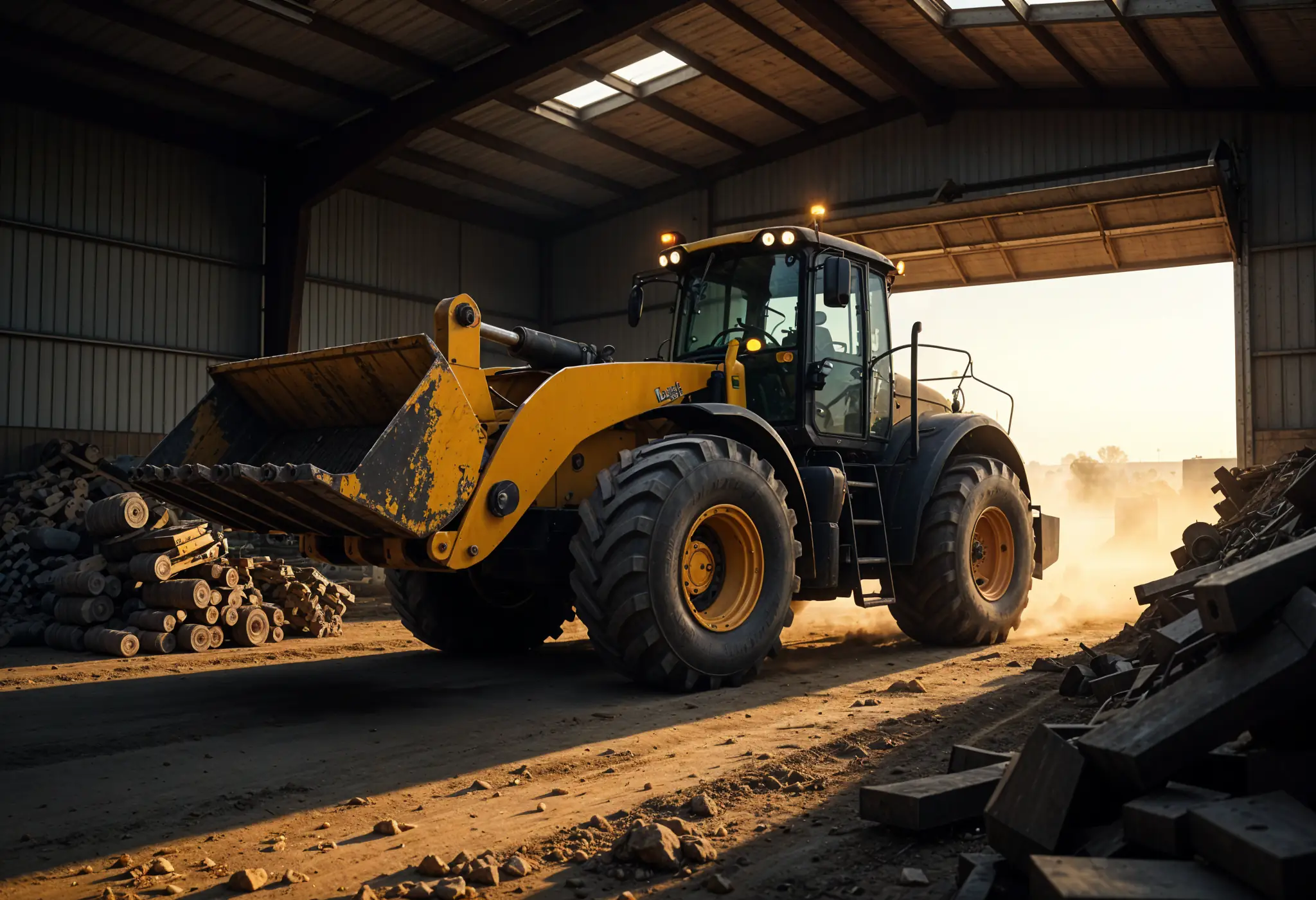
The Essential Farm Equipment Parts You Can't Afford to Run Out Of
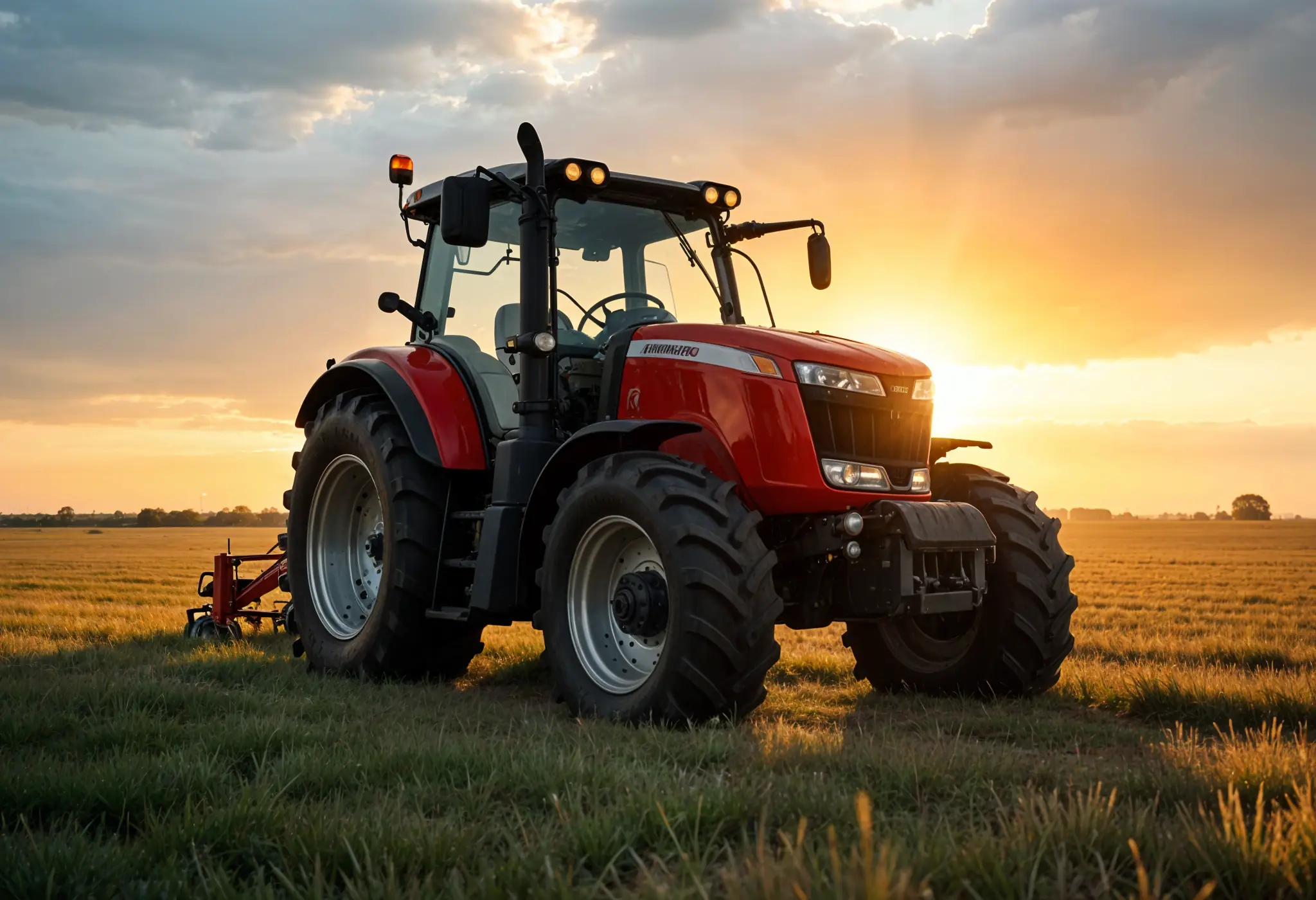
How to Service Farm Equipment: A Farmer's Guide to Zero Harvest Downtime
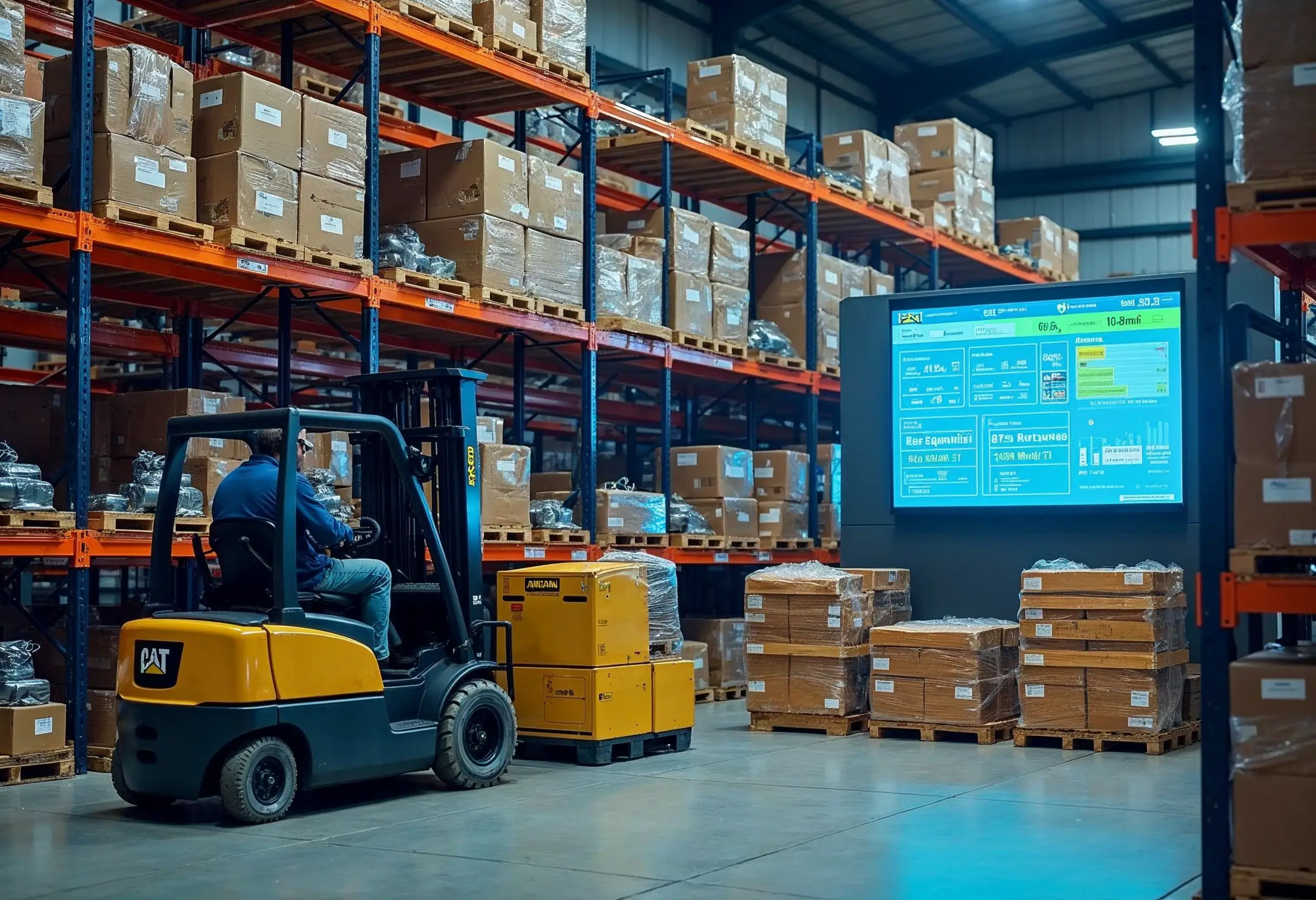
Construction Machinery Parts Suppliers: Expert Selection Guide
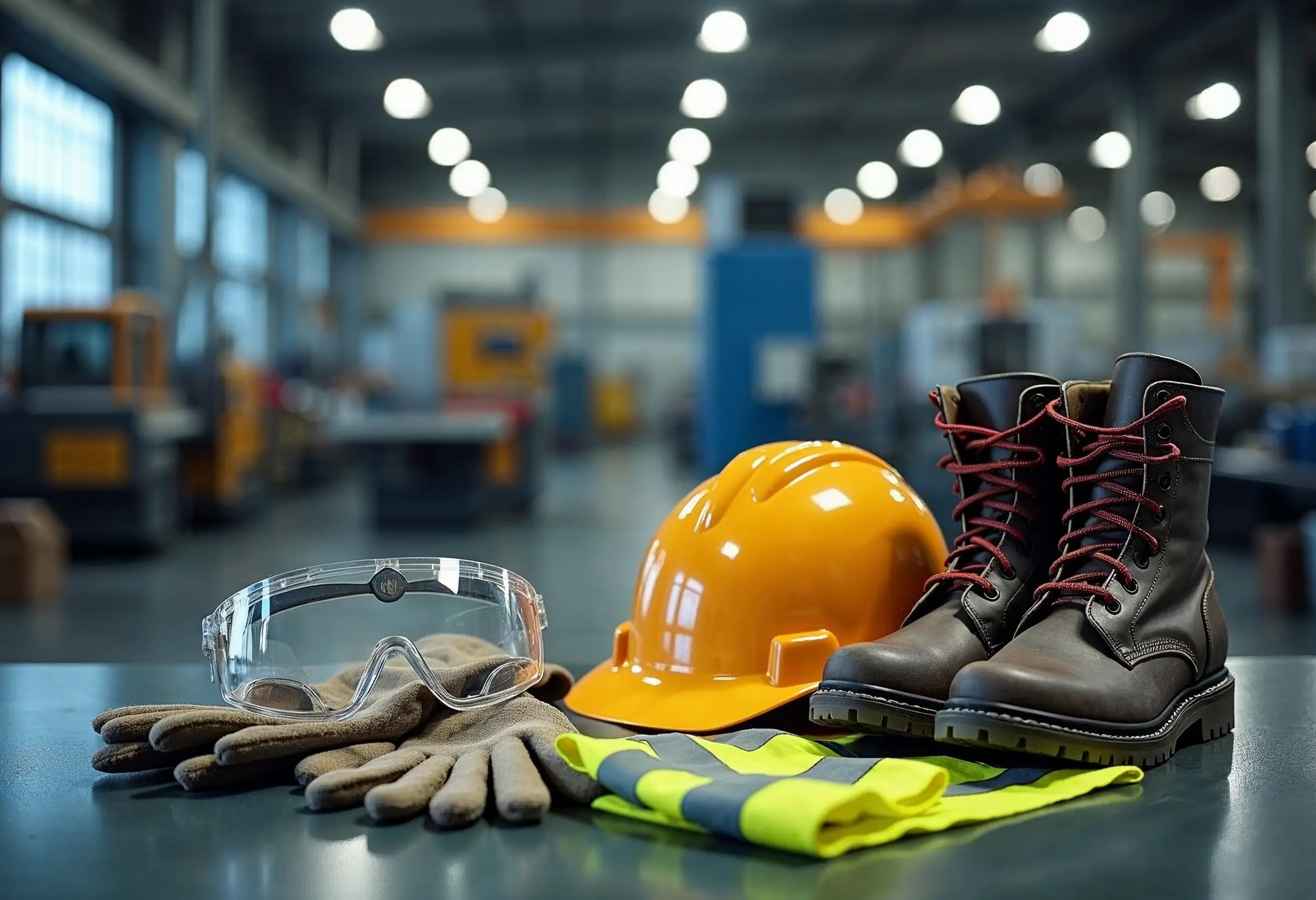
How to Apply Machine Safety Rules: From Selection to Installation

Smart Diagnostics Cut Heavy Equipment Failures by 73%
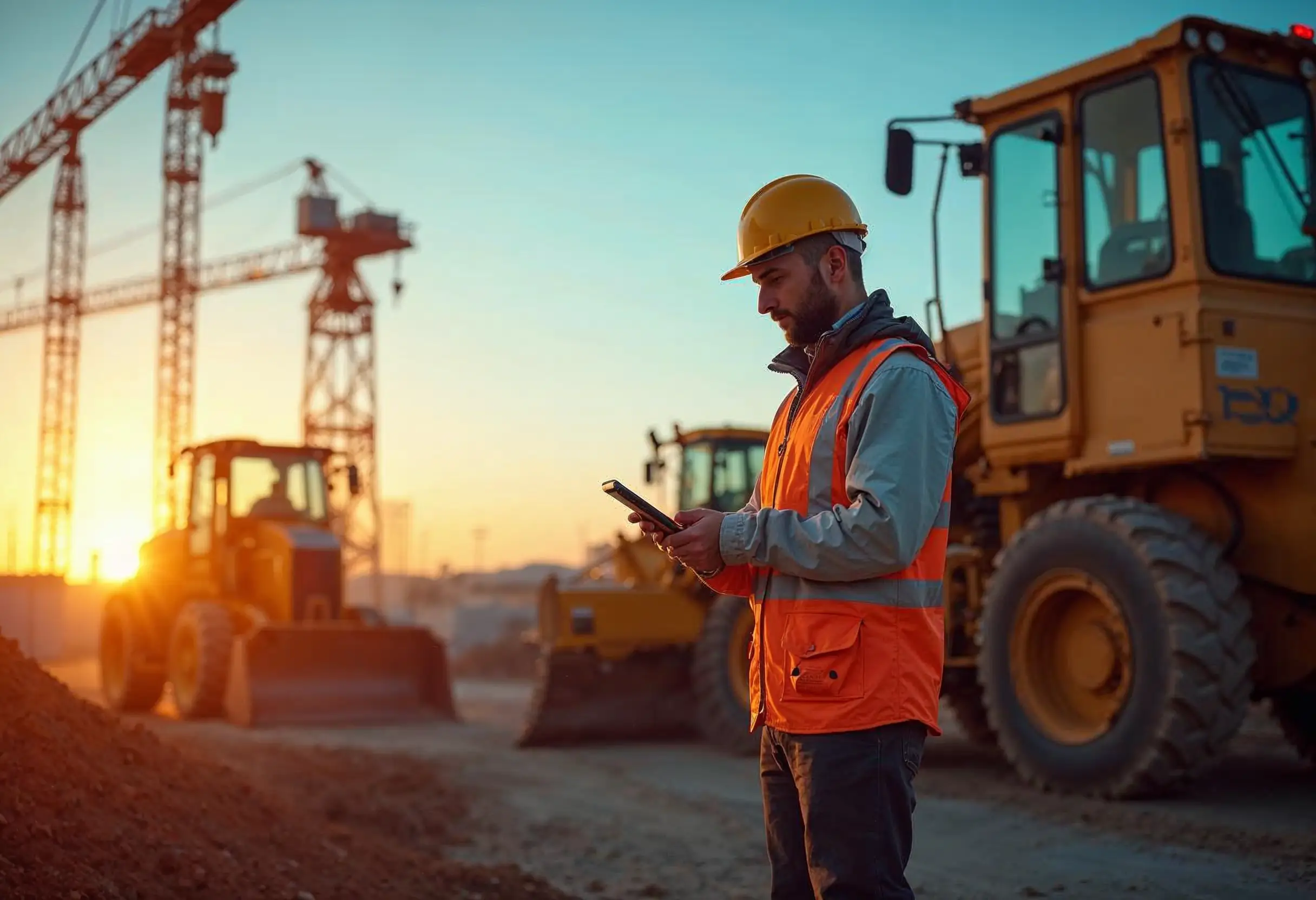
5 Ways to Assess the Environmental Impact of Heavy Construction Machinery
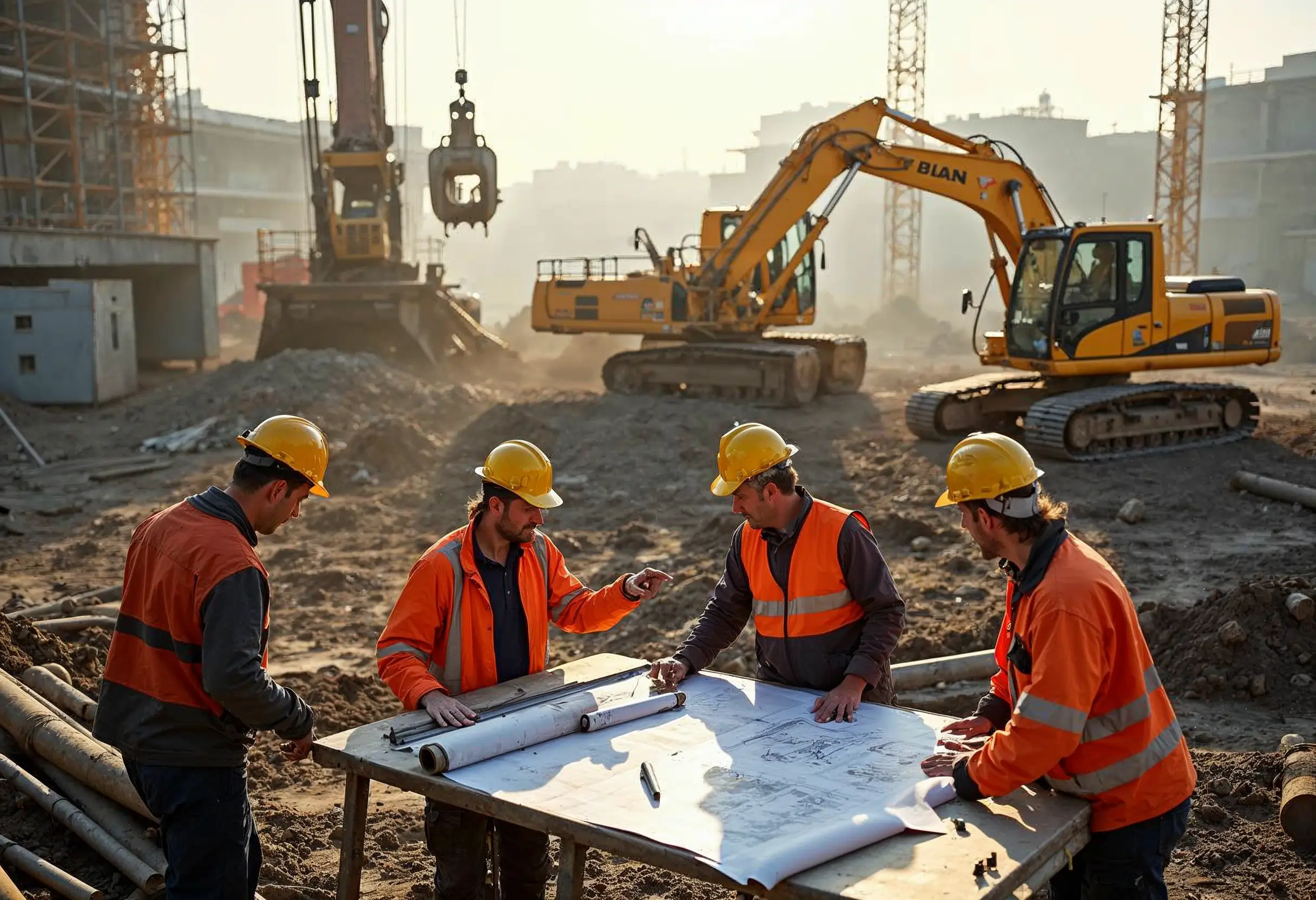
10 Smart Ways to Pick Construction Machinery for 2025 Projects
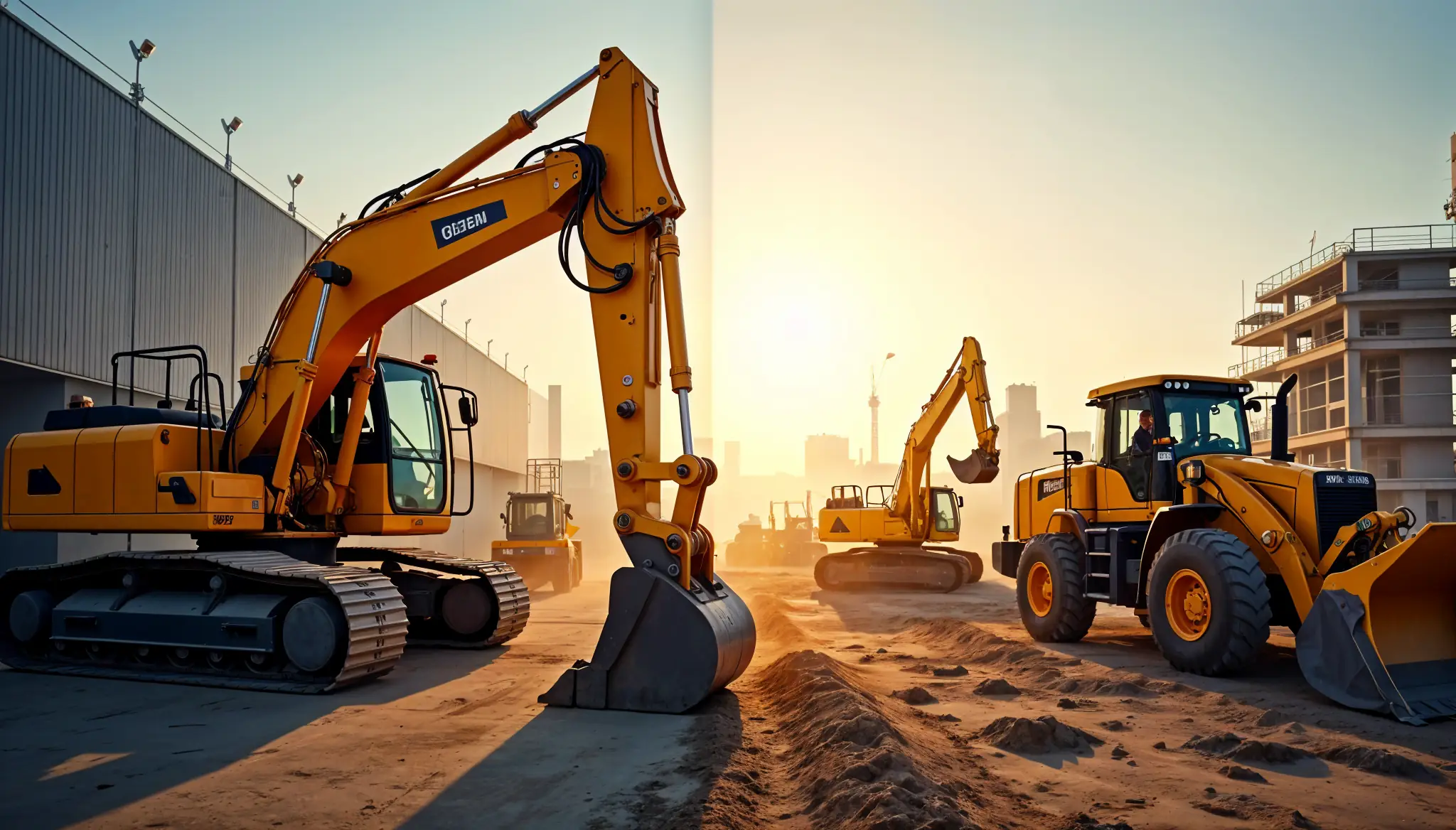
Rent vs Purchase Equipment: What Heavy Industry Experts Hide
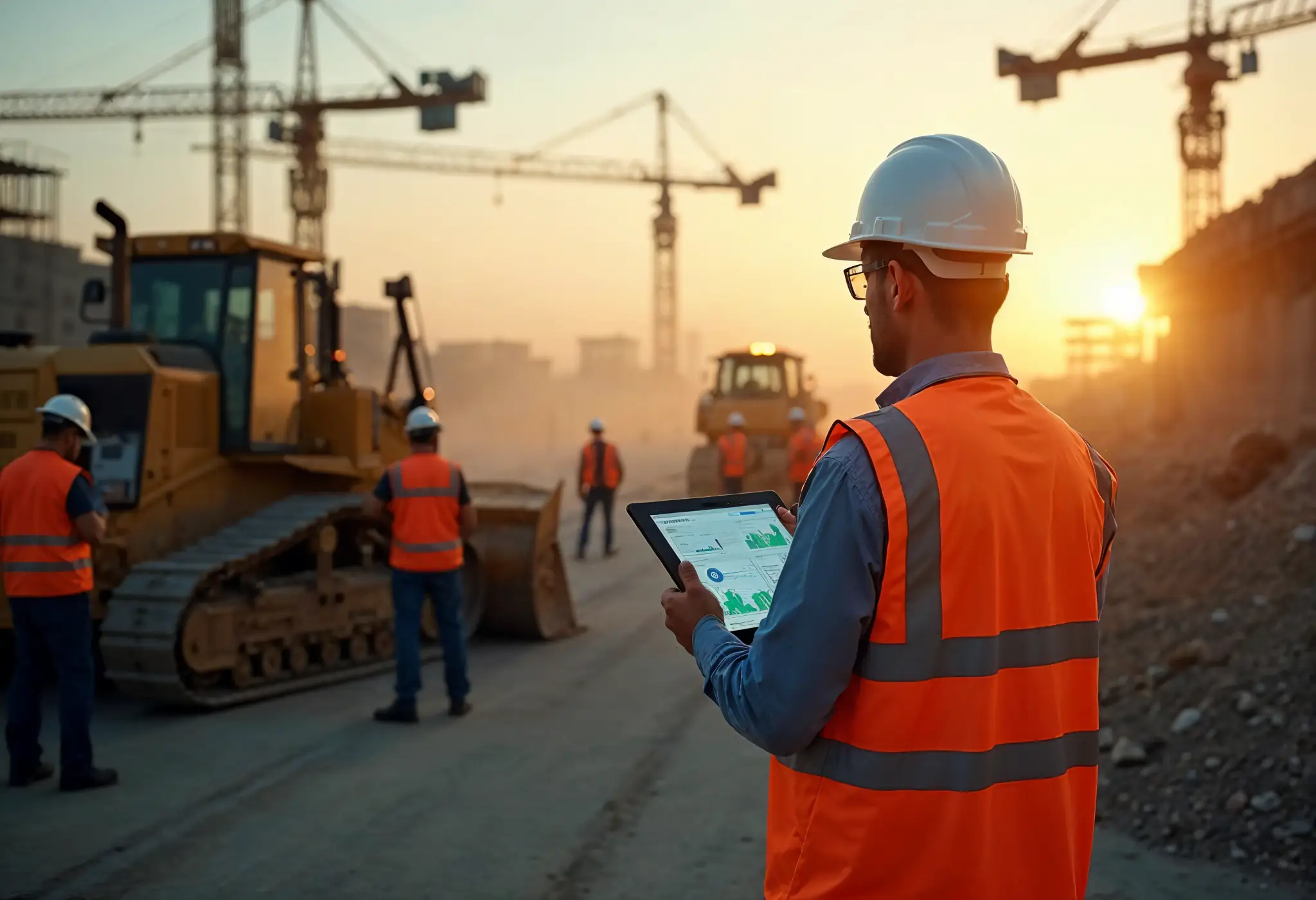
How to Implement a Construction Inventory Management System for Equipment Efficiency
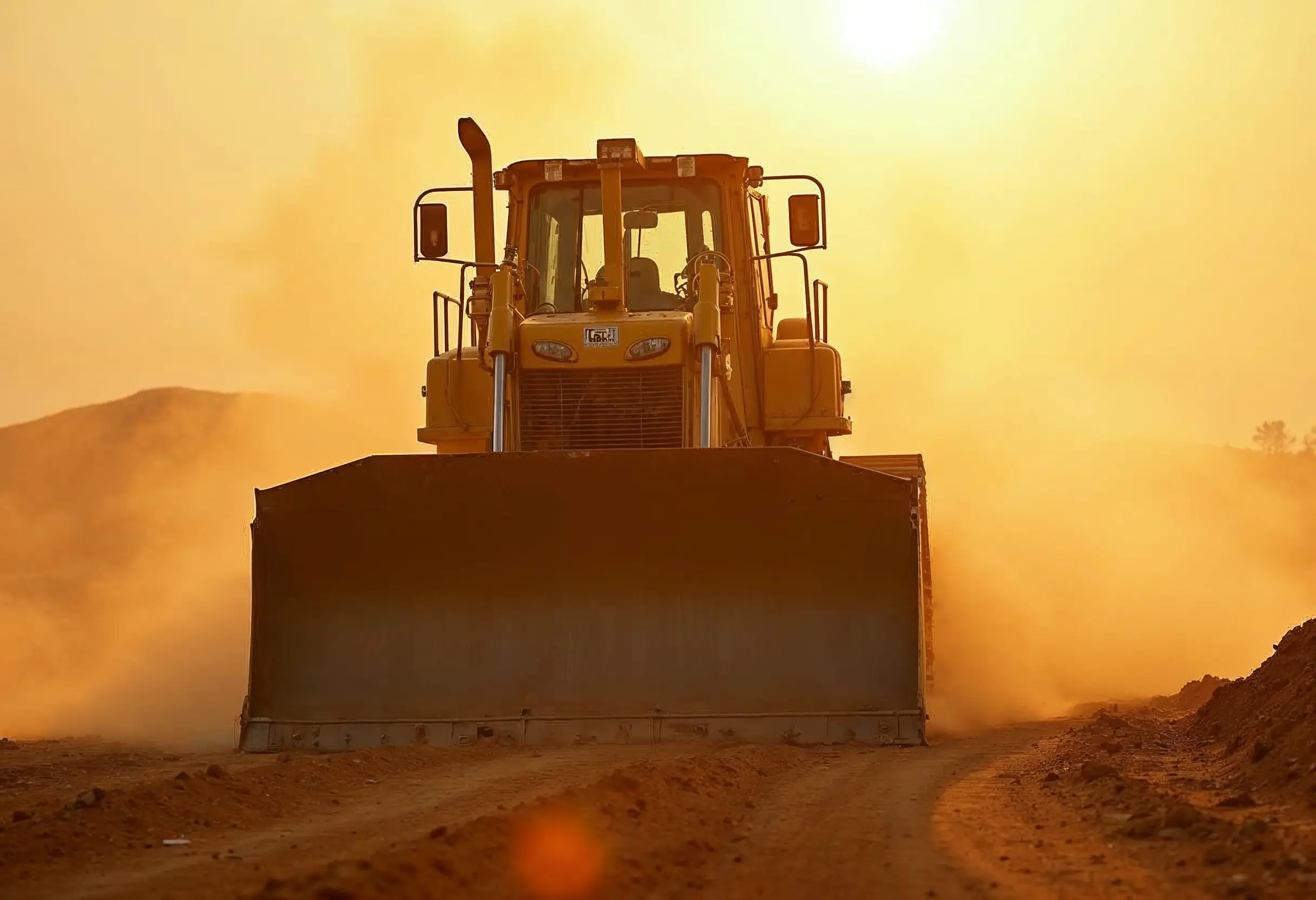
How to Extend Equipment Life Expectancy with Regular Maintenance
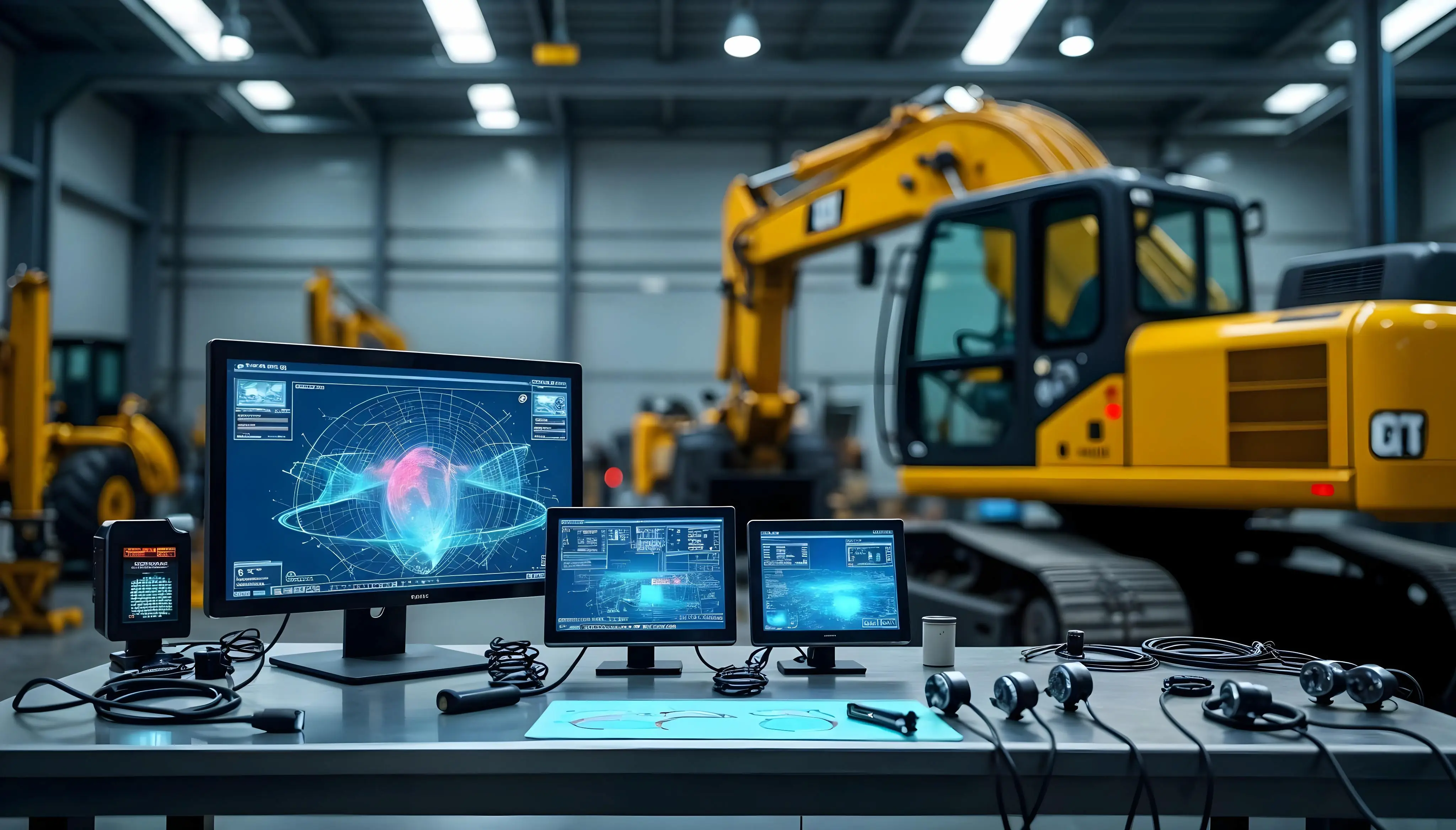
Advanced Heavy Equipment Diagnostic Tools: Ensuring Construction Machinery Quality
Essential Features Your Construction Equipment Inventory System Needs
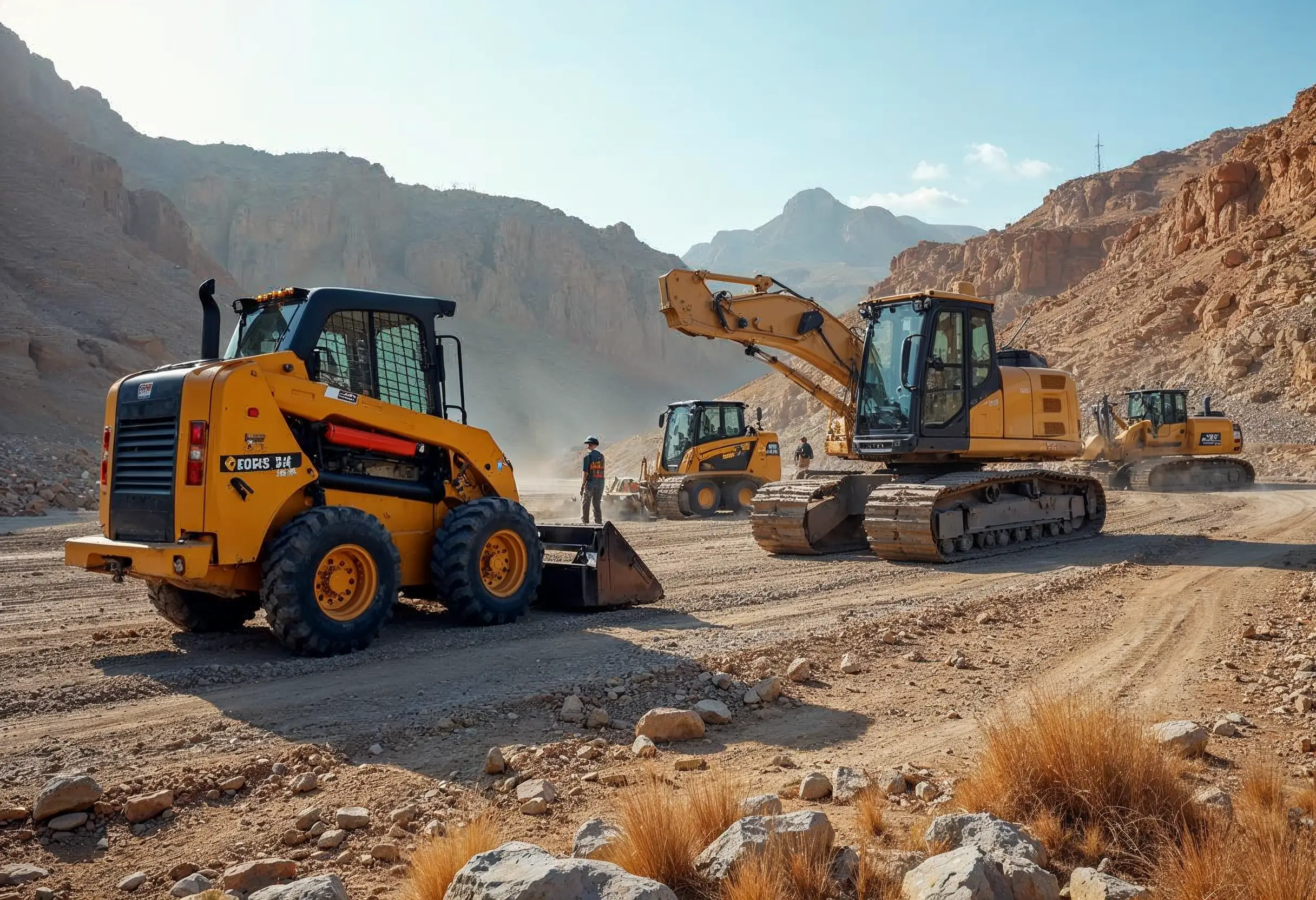
29 Quick Tips for Choosing Construction Equipment for Remote Locations
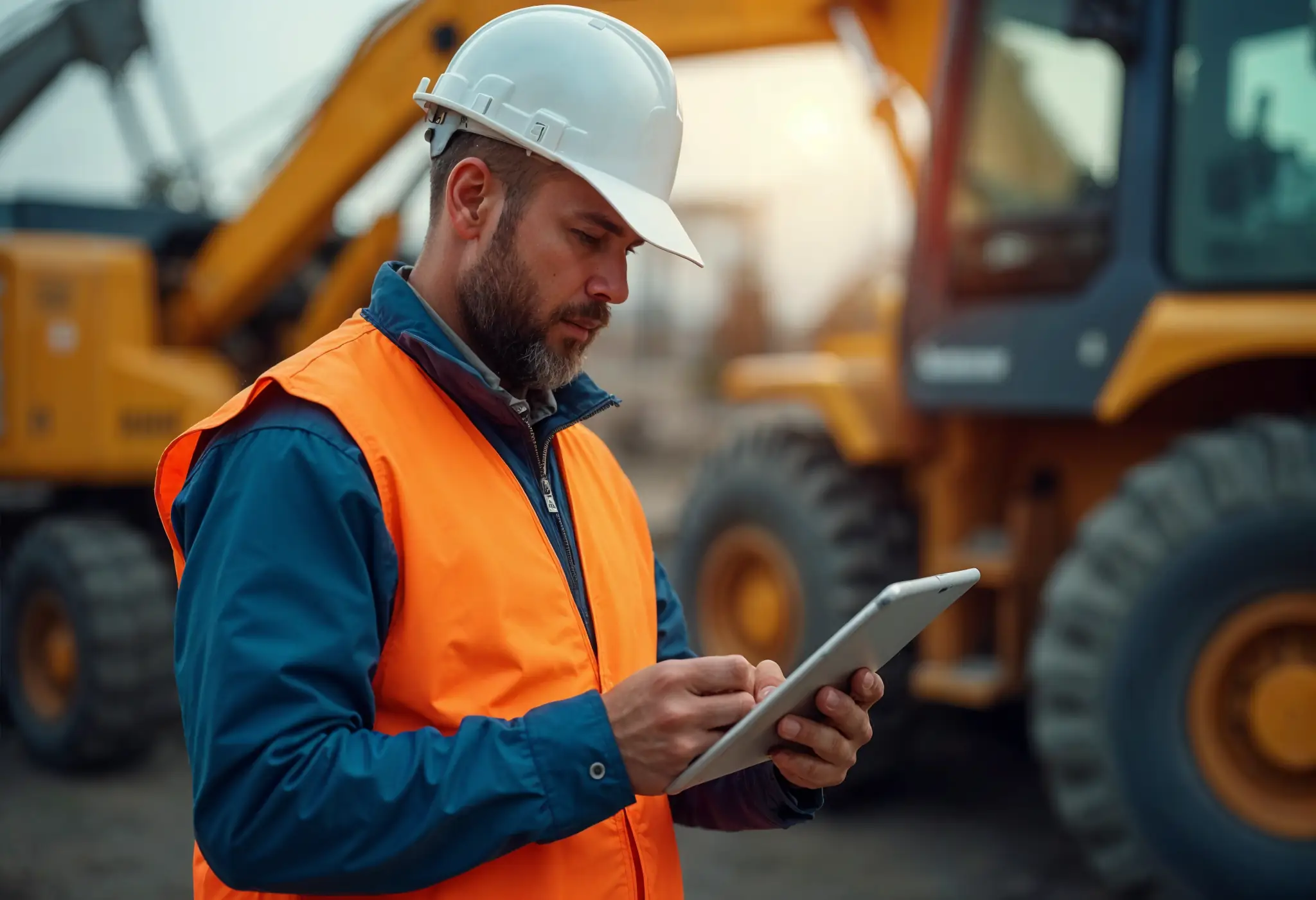
How to Select Construction Machinery with Optimal Equipment Maintenance in Mind
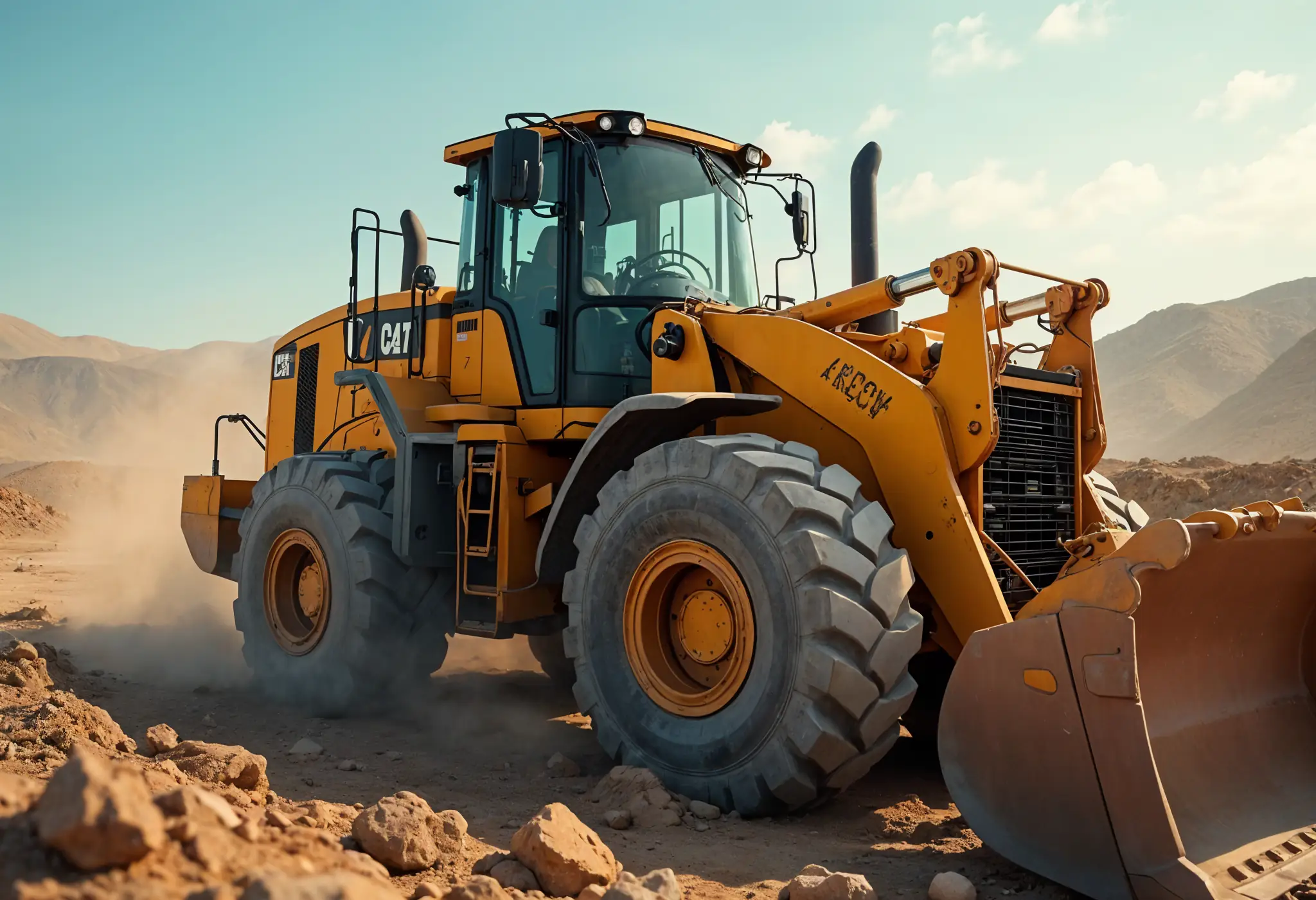
Top 25 Tips for Selecting Bulldozers for Construction Sites
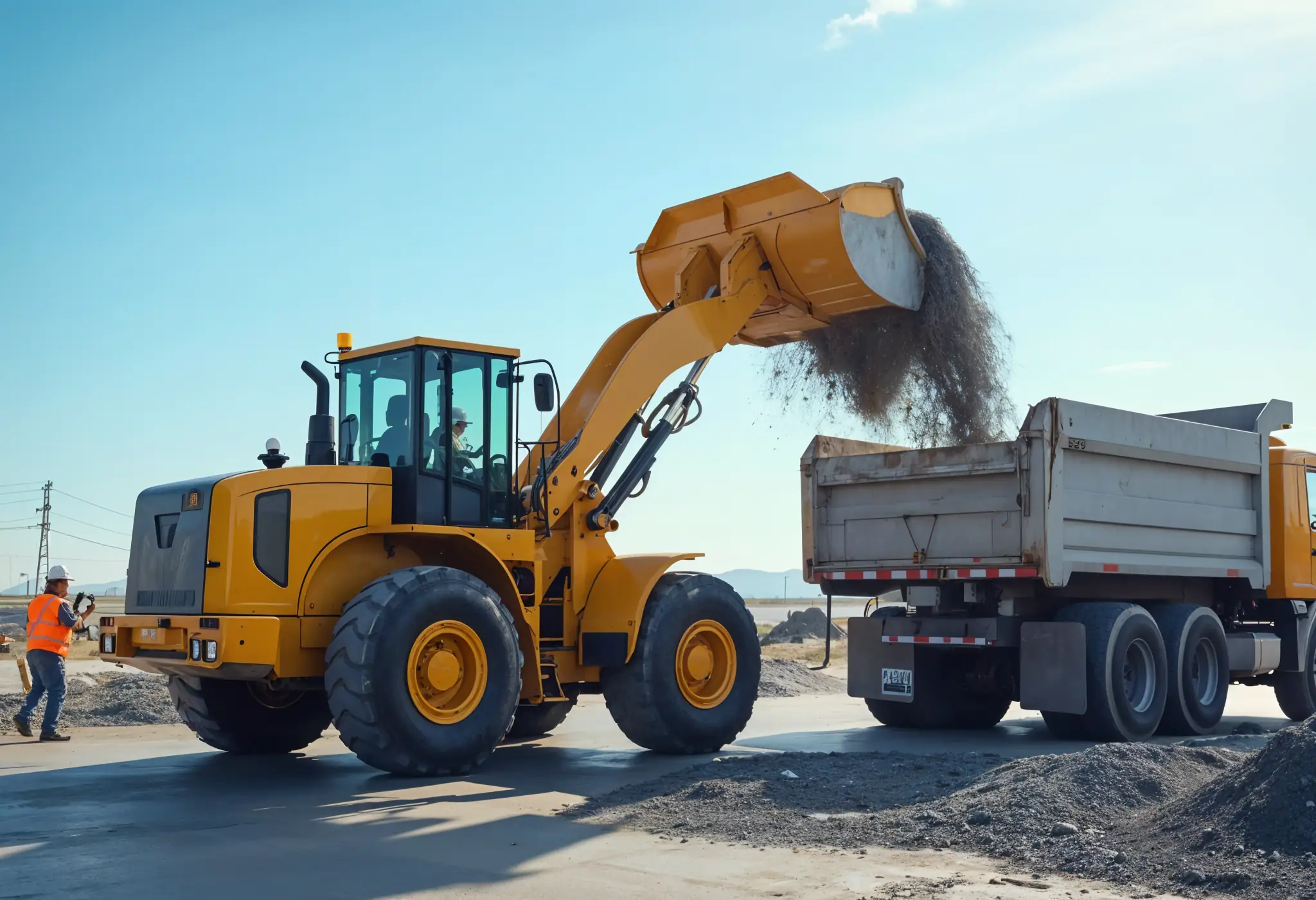
Which Construction Loader is Best for Your Project Needs?

4 Key Steps to Form a Construction Machinery QC Team

15 Essential Tips for Selecting the Perfect Crane for Construction
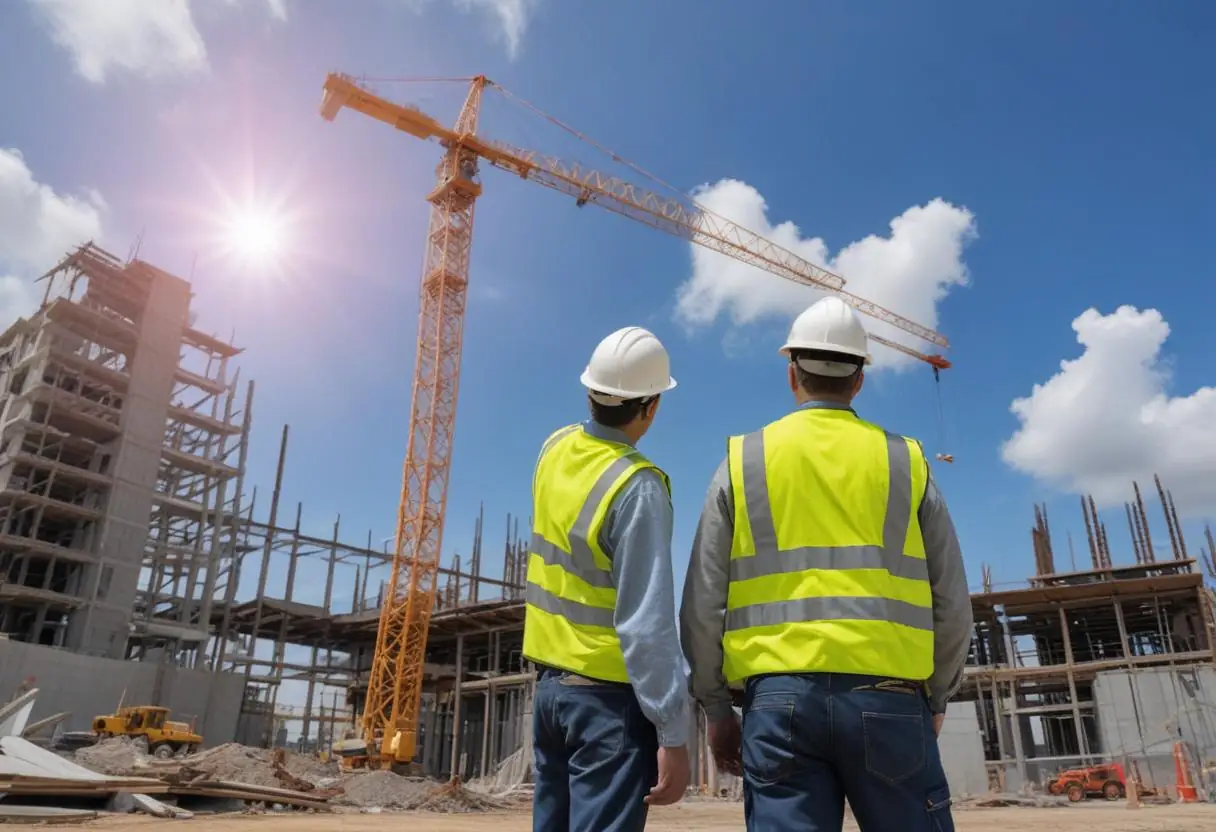
Maximize Savings: Multi-Purpose Construction Machinery for Lower Costs
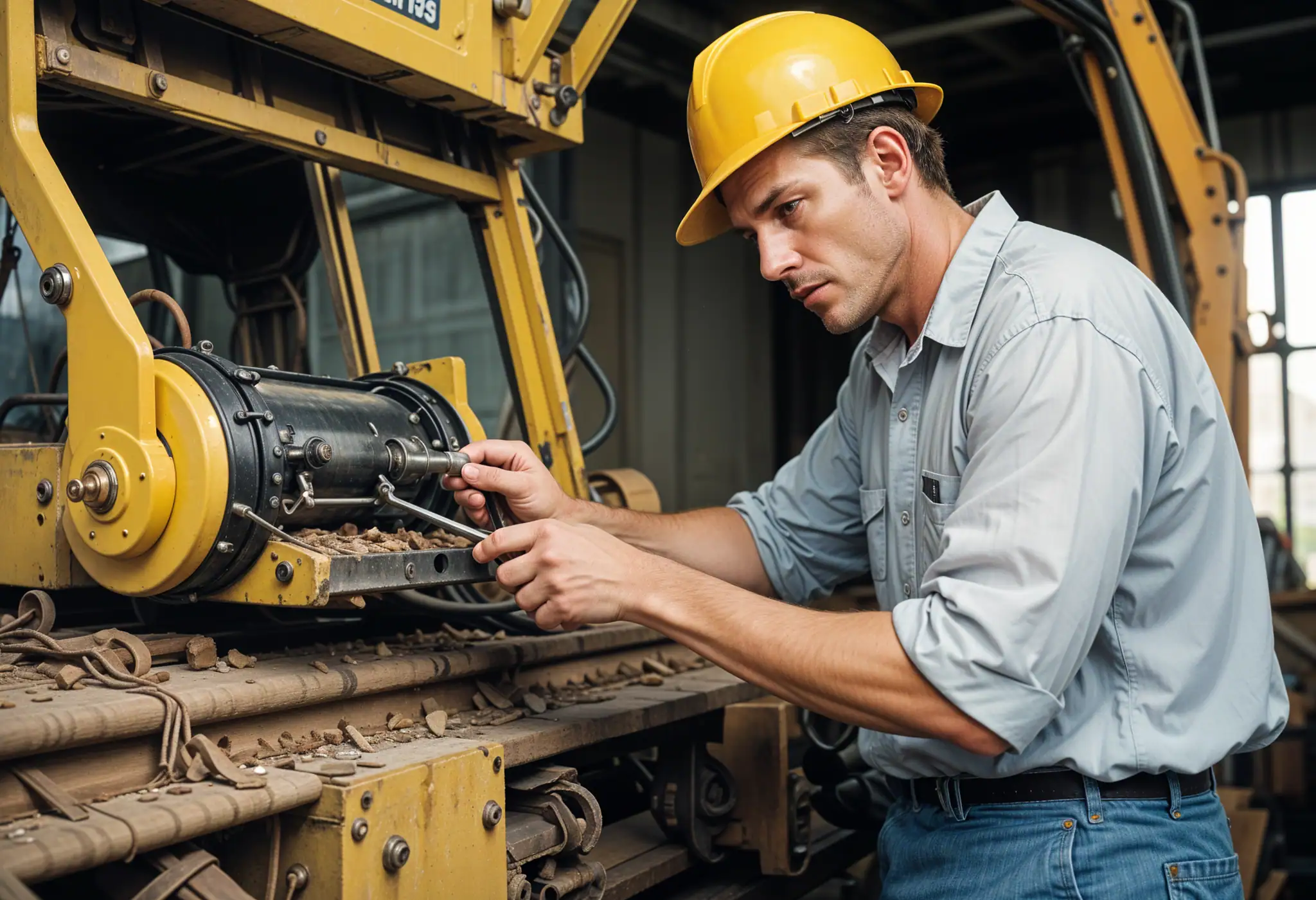
Affordable Heavy Equipment Parts: A Sourcing Guide
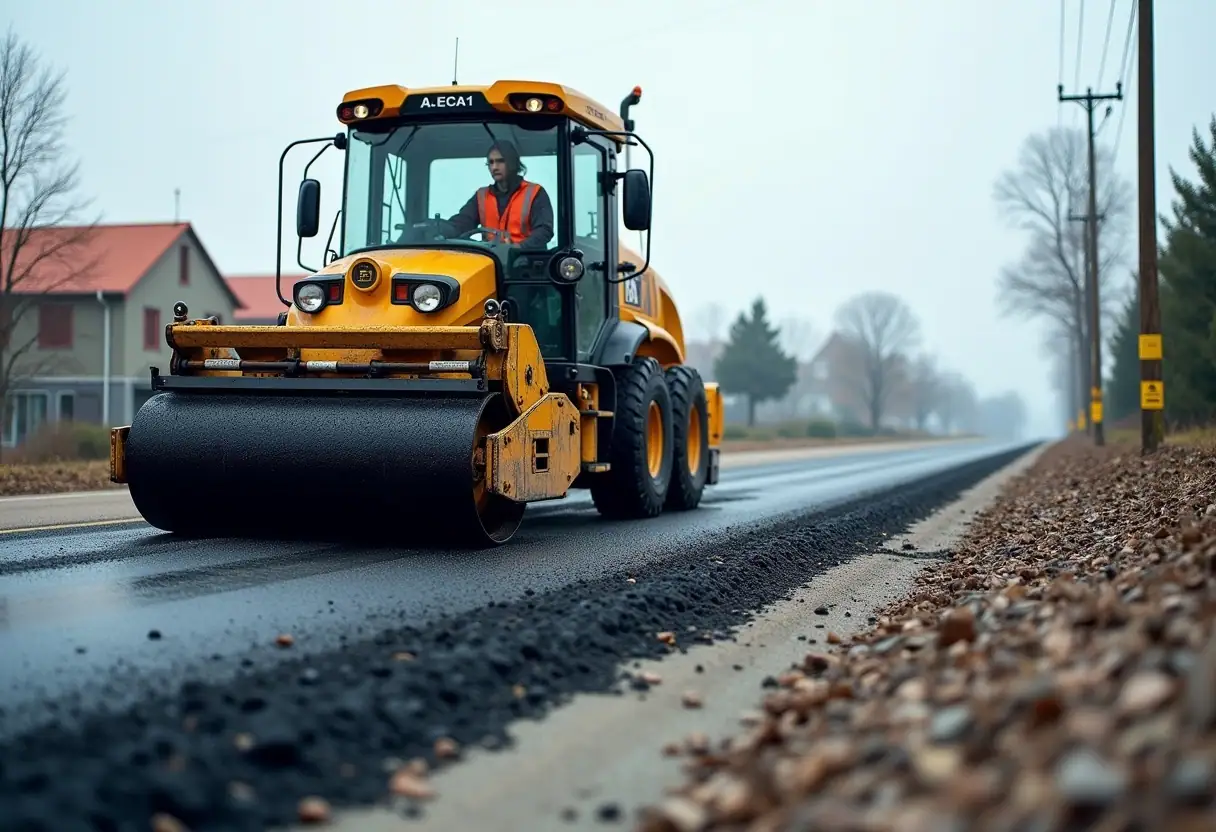
Choosing the Right Road Construction Equipment: A Complete Guide
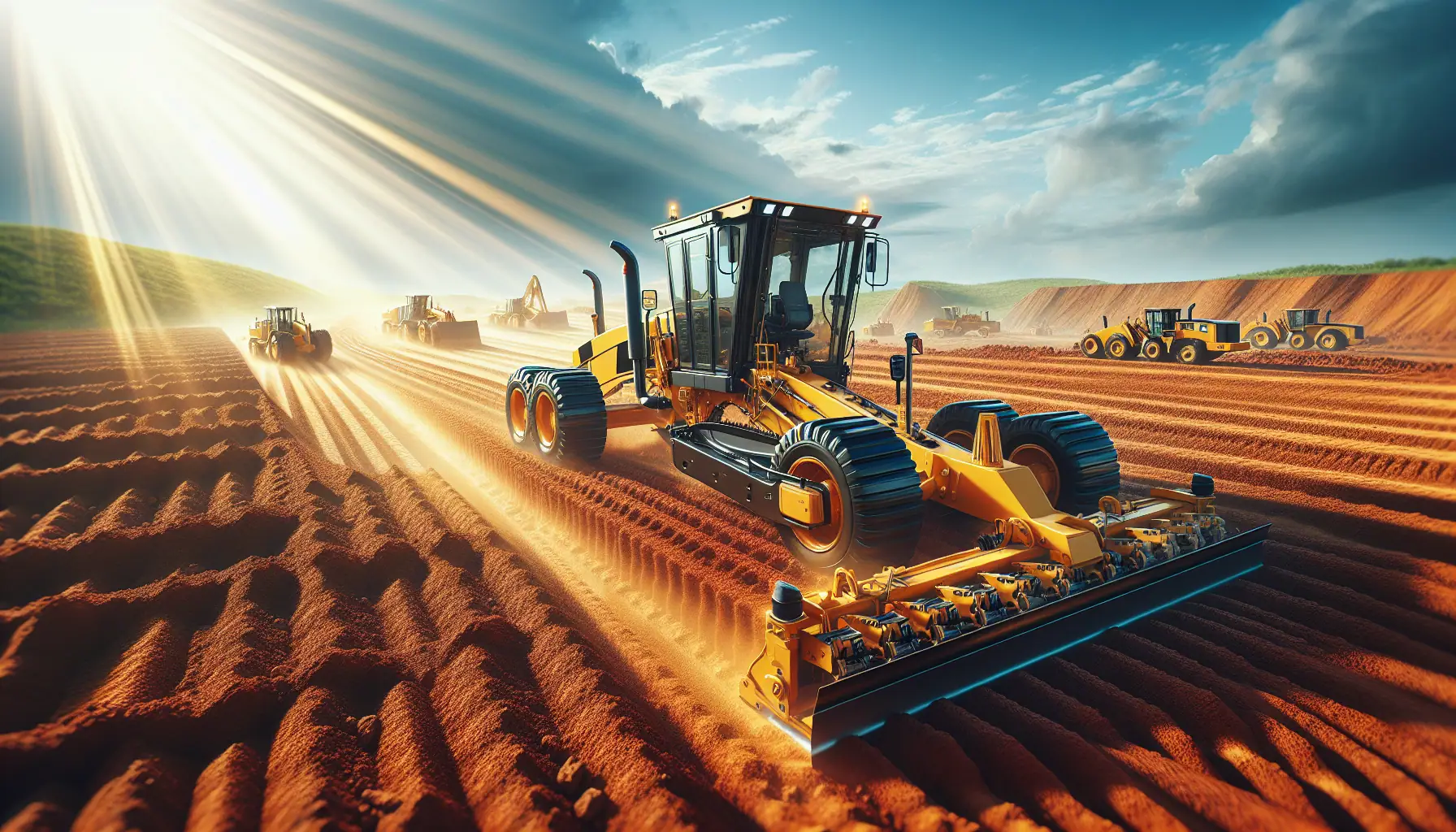
Motor Graders: Key Elements to Consider for Optimal Selection
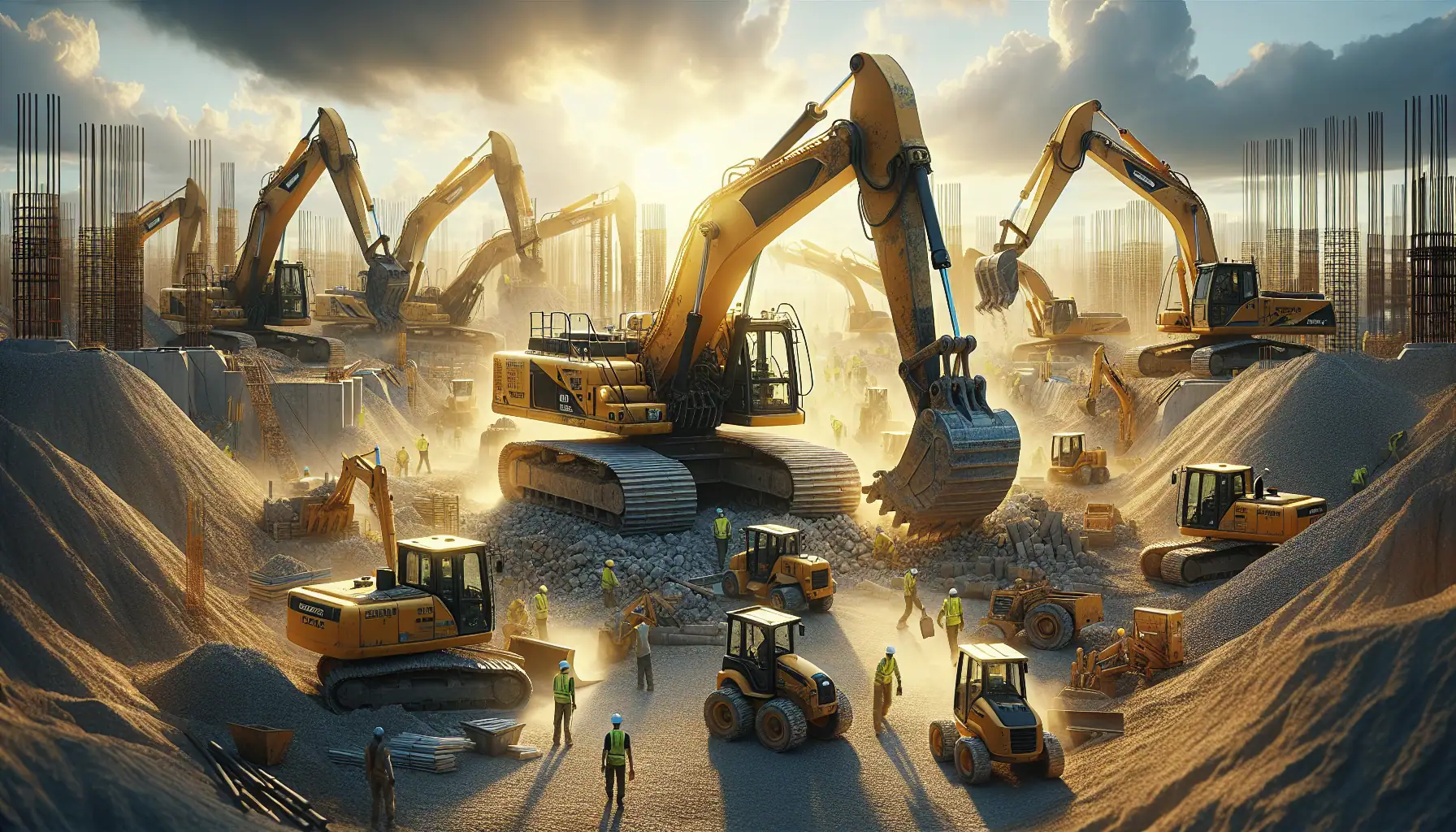
A Detailed Guide to Choosing Excavators for Construction Work
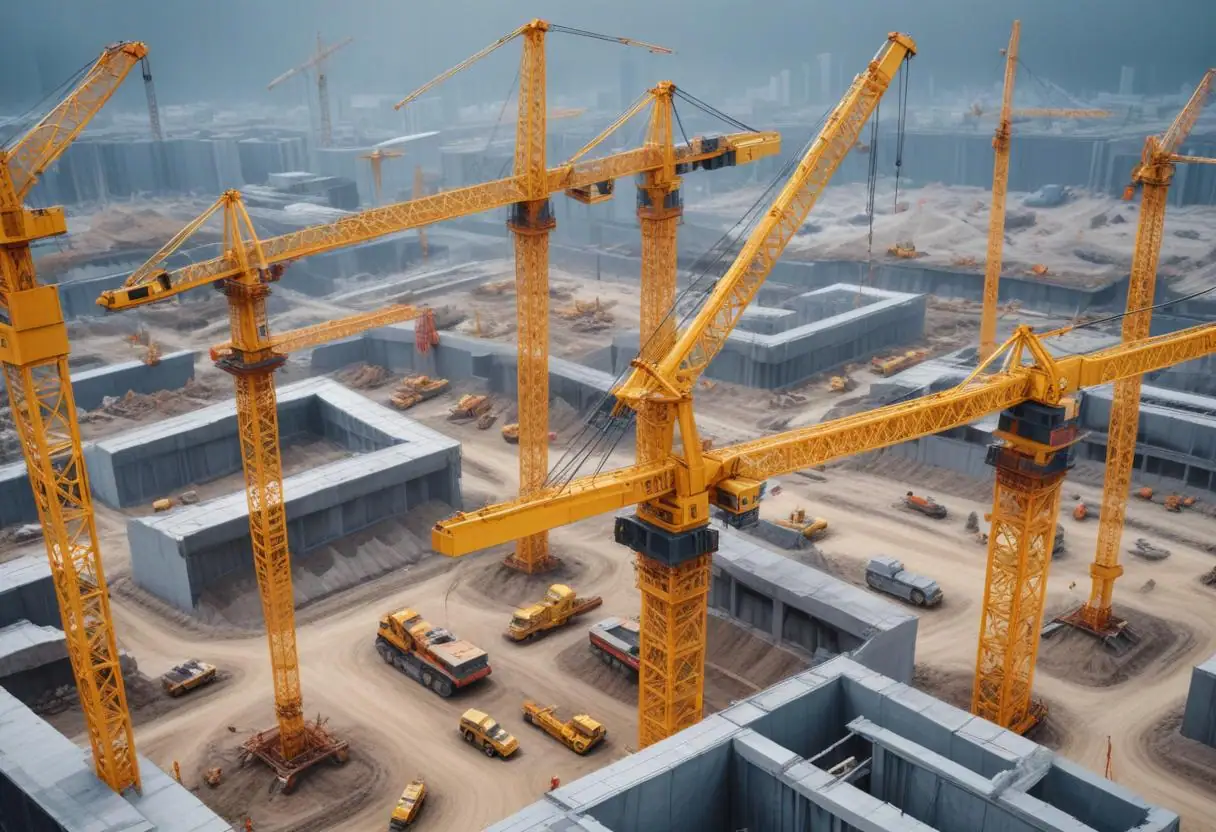
Top Tips for Choosing Cranes for Construction Projects
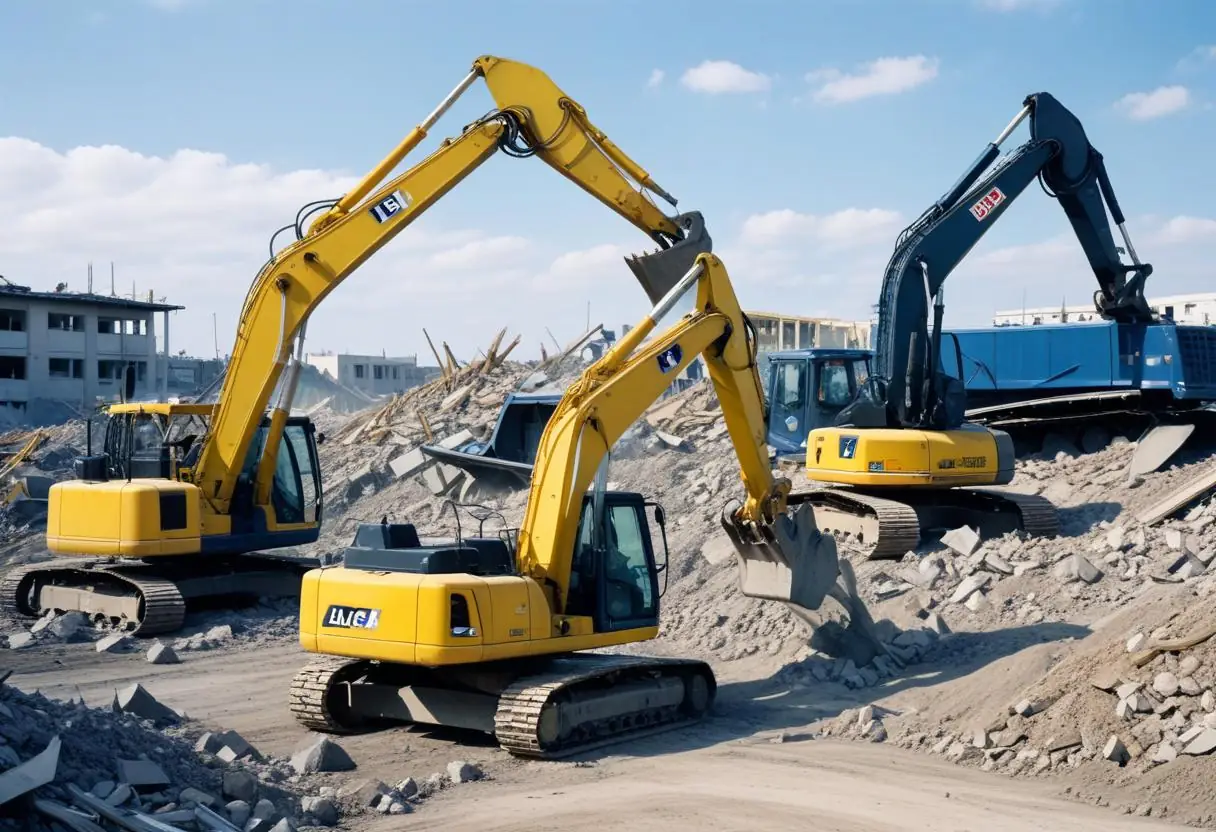
5 Top-Rated Demolition Machines for Construction Professionals

Expert Tips on Choosing Earthmoving Equipment for Large Projects
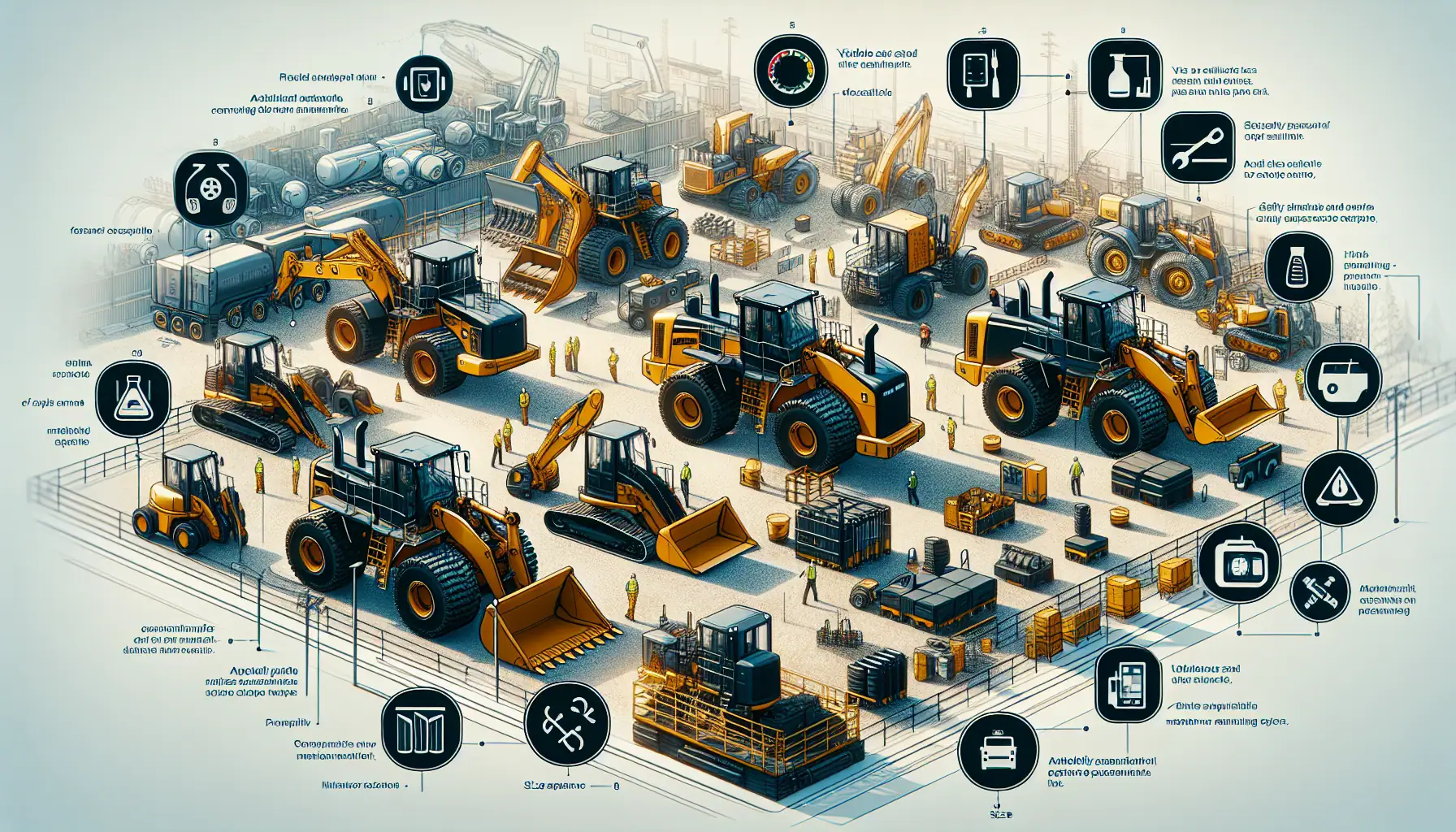
Top Functional Criteria for Selecting Heavy Construction Equipment
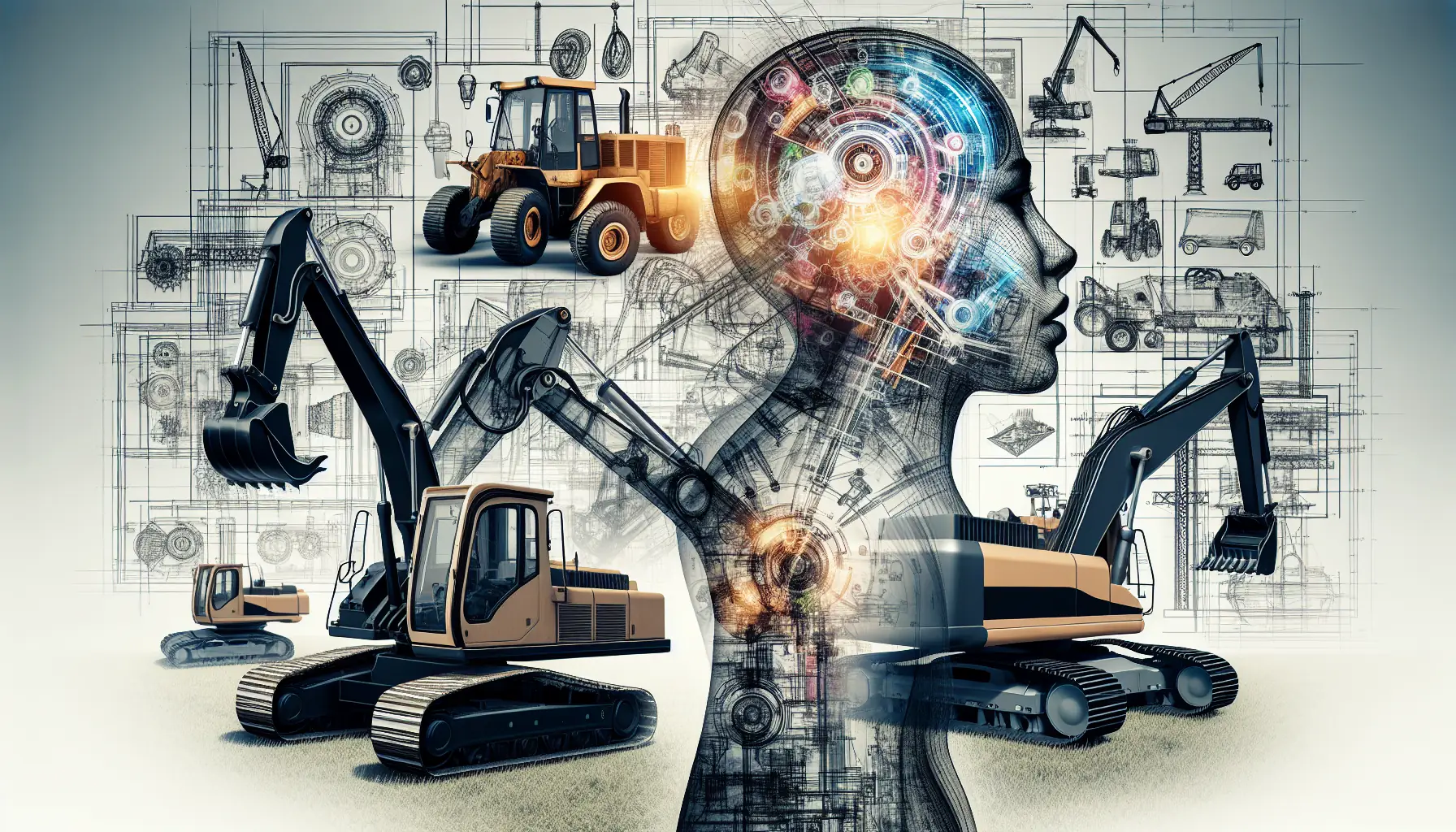
Construction Machinery: Detailed Guide to Equipment Specifications
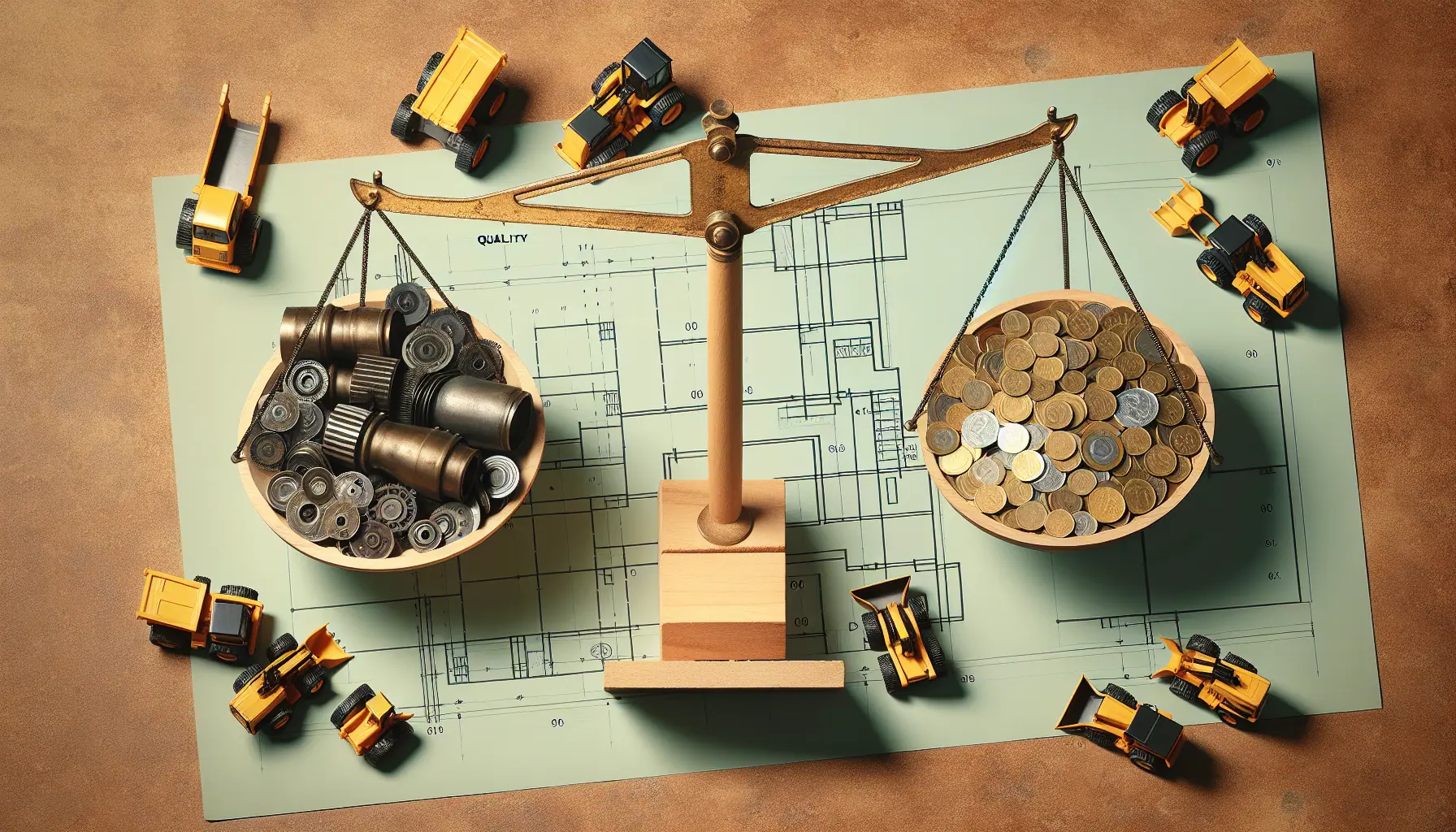
Heavy Machinery Prices: Key Factors in Cost and Quality Balance
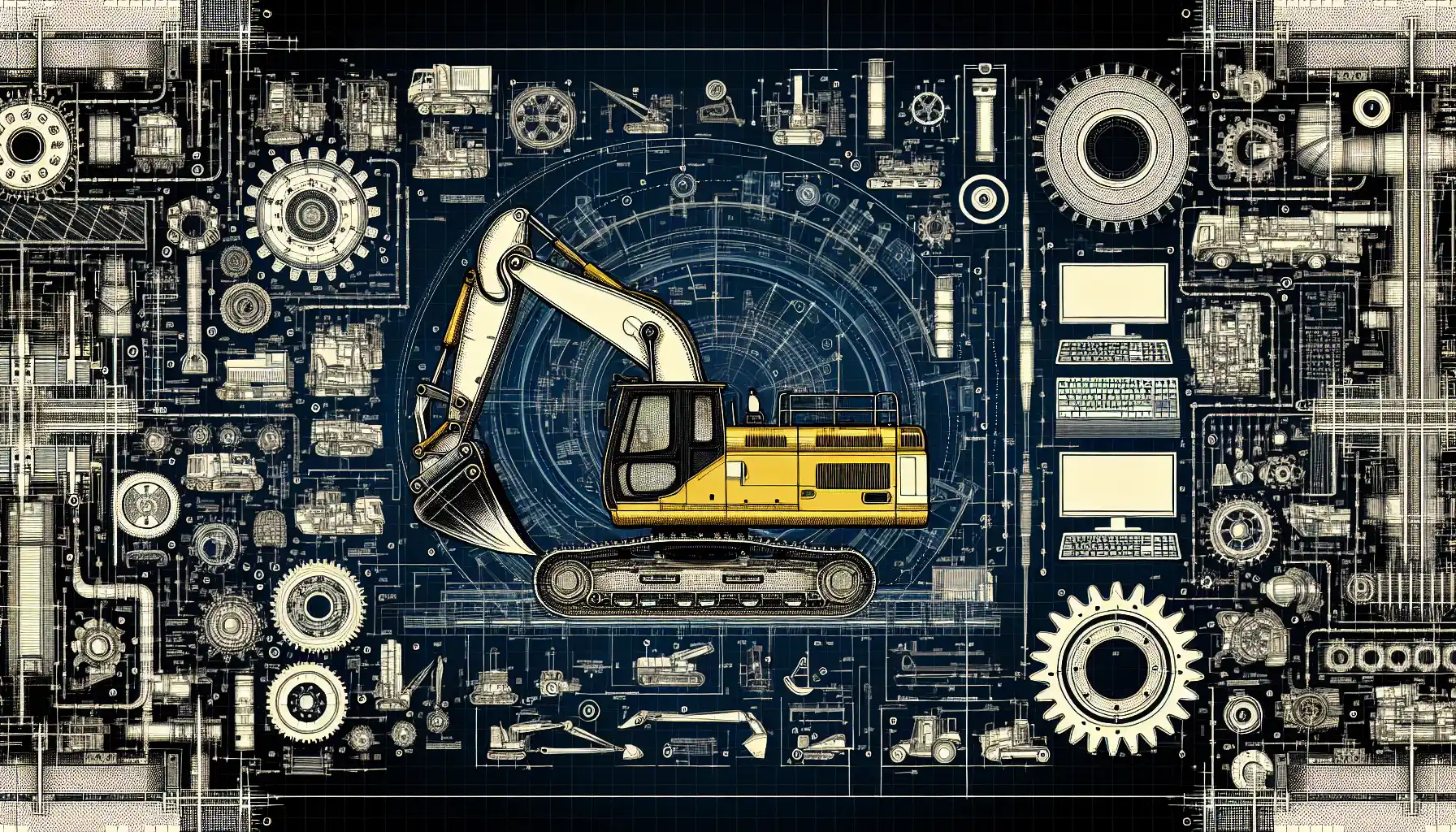
Best Construction Heavy Equipment Brands: Pros and Cons
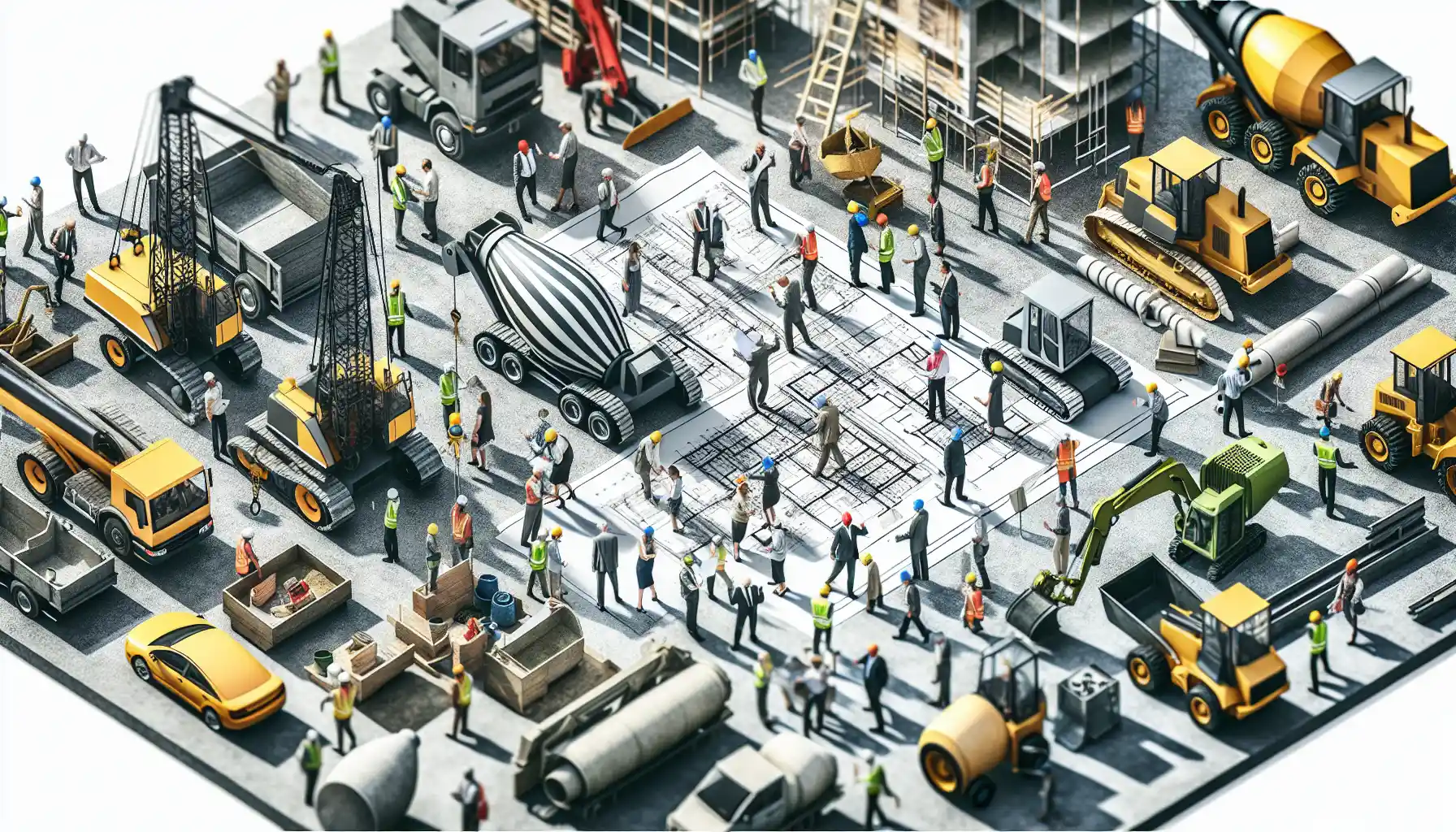
Construction Site Equipment: How to Determine Your Requirements
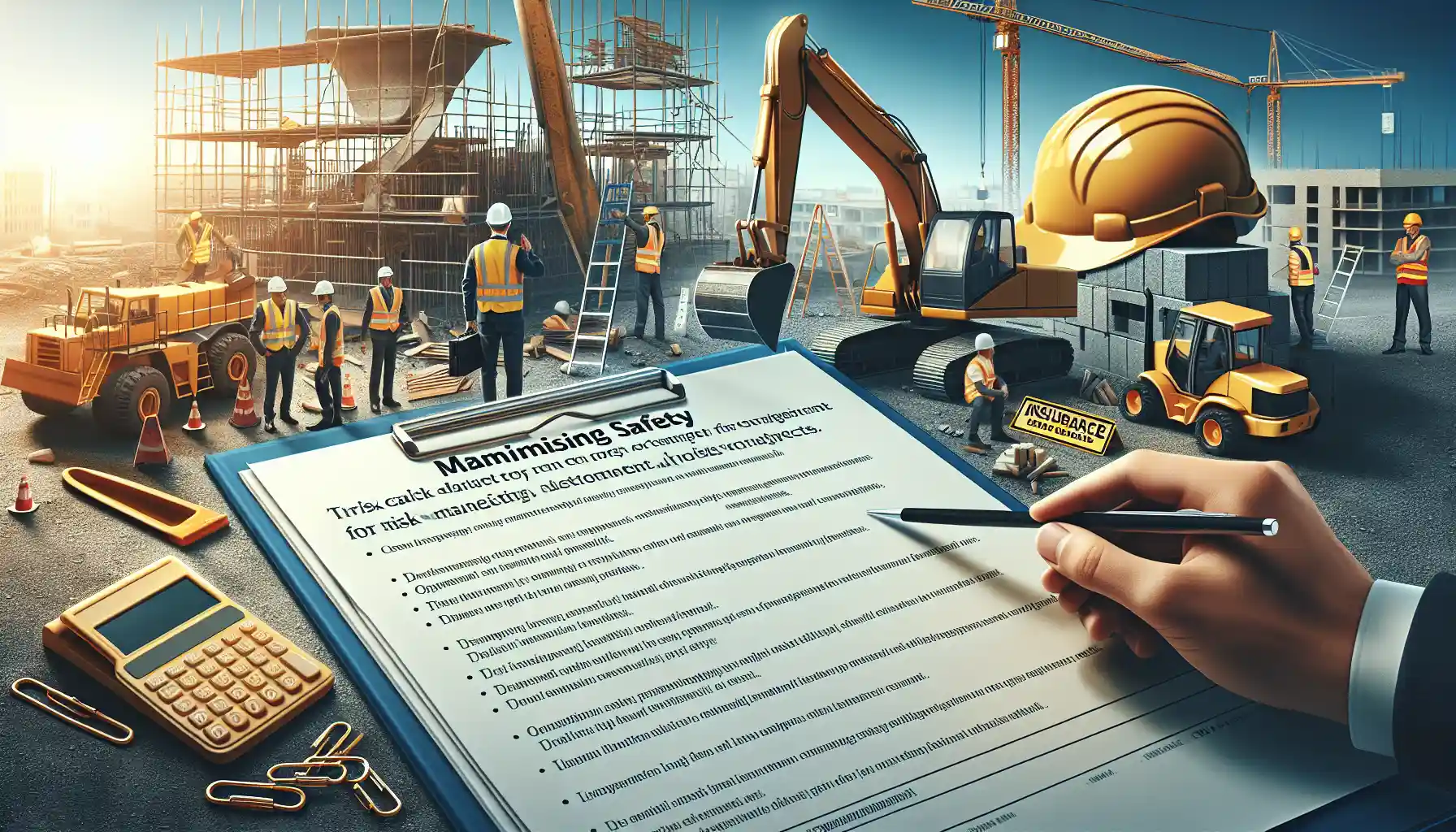
Maximizing Safety: Risk Management for Construction Projects

Innovations in Construction: Transforming Machinery and Equipment
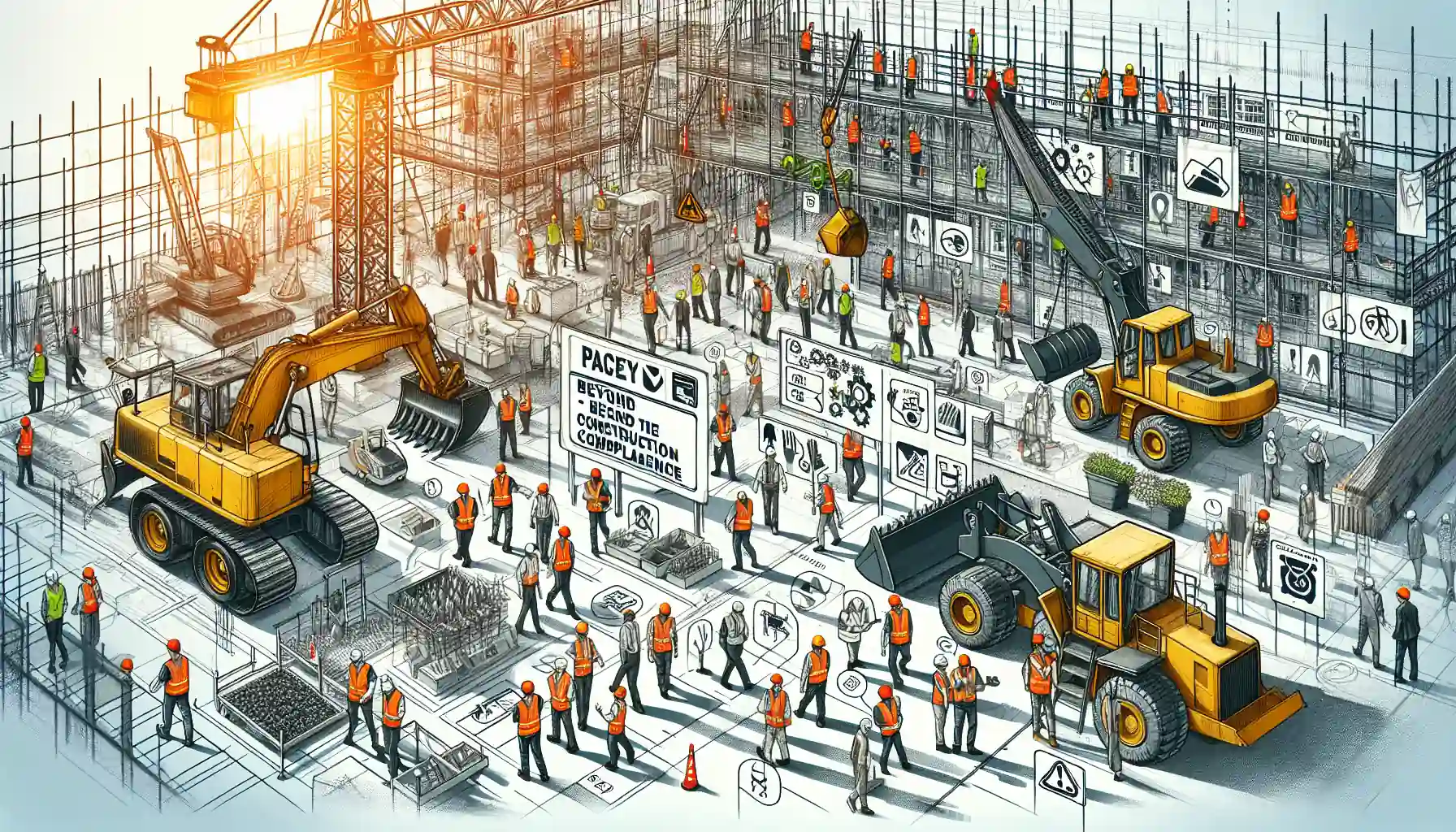
Heavy Equipment Safety: Beyond the Basics in Construction Compliance
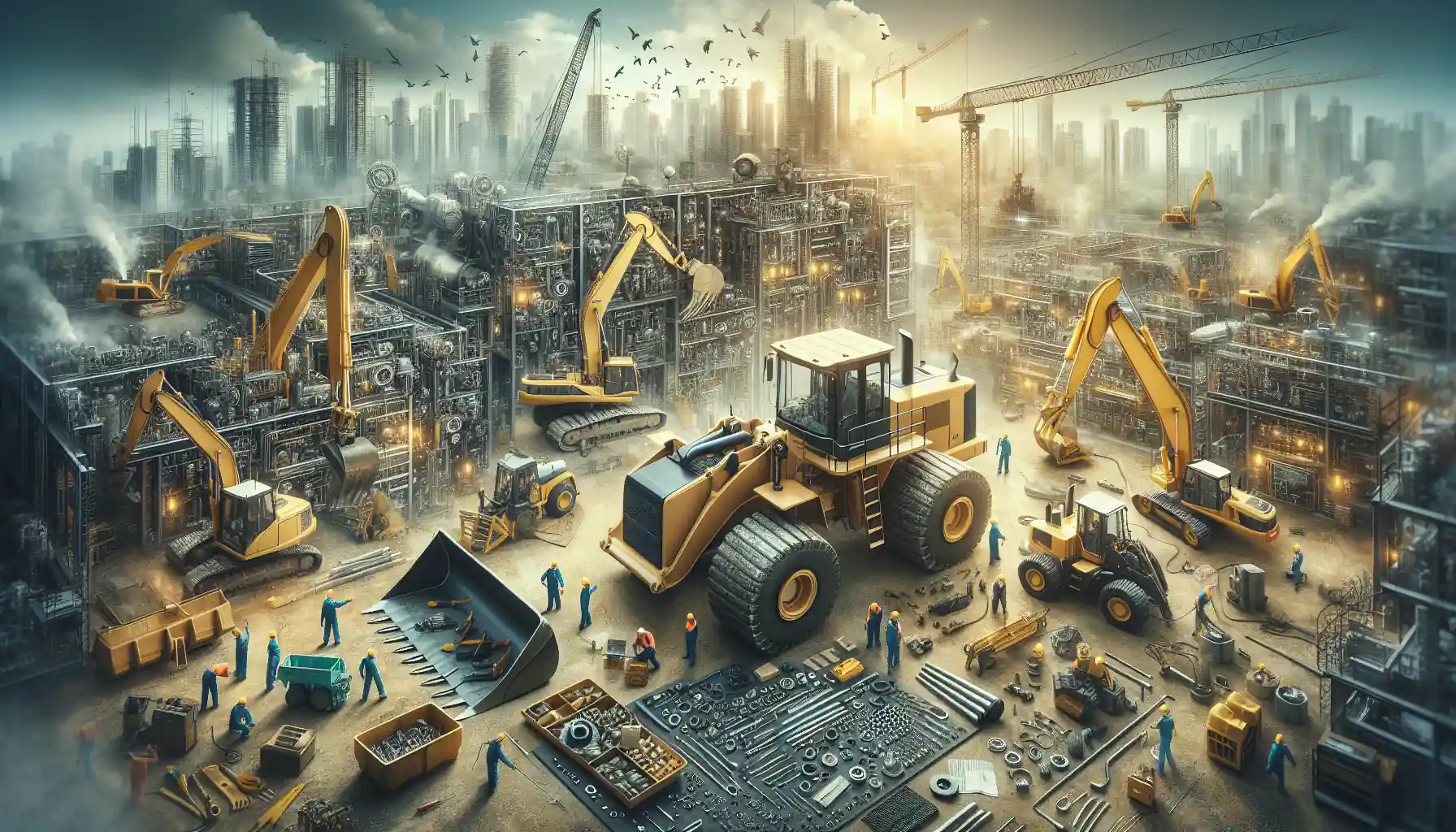
The Essential Handbook for Construction Equipment Repair and Maintenance

How to Efficiently Source Oil and Gas Machinery Parts in NYC

Essential Guide to Sourcing Agriculture Equipment Parts
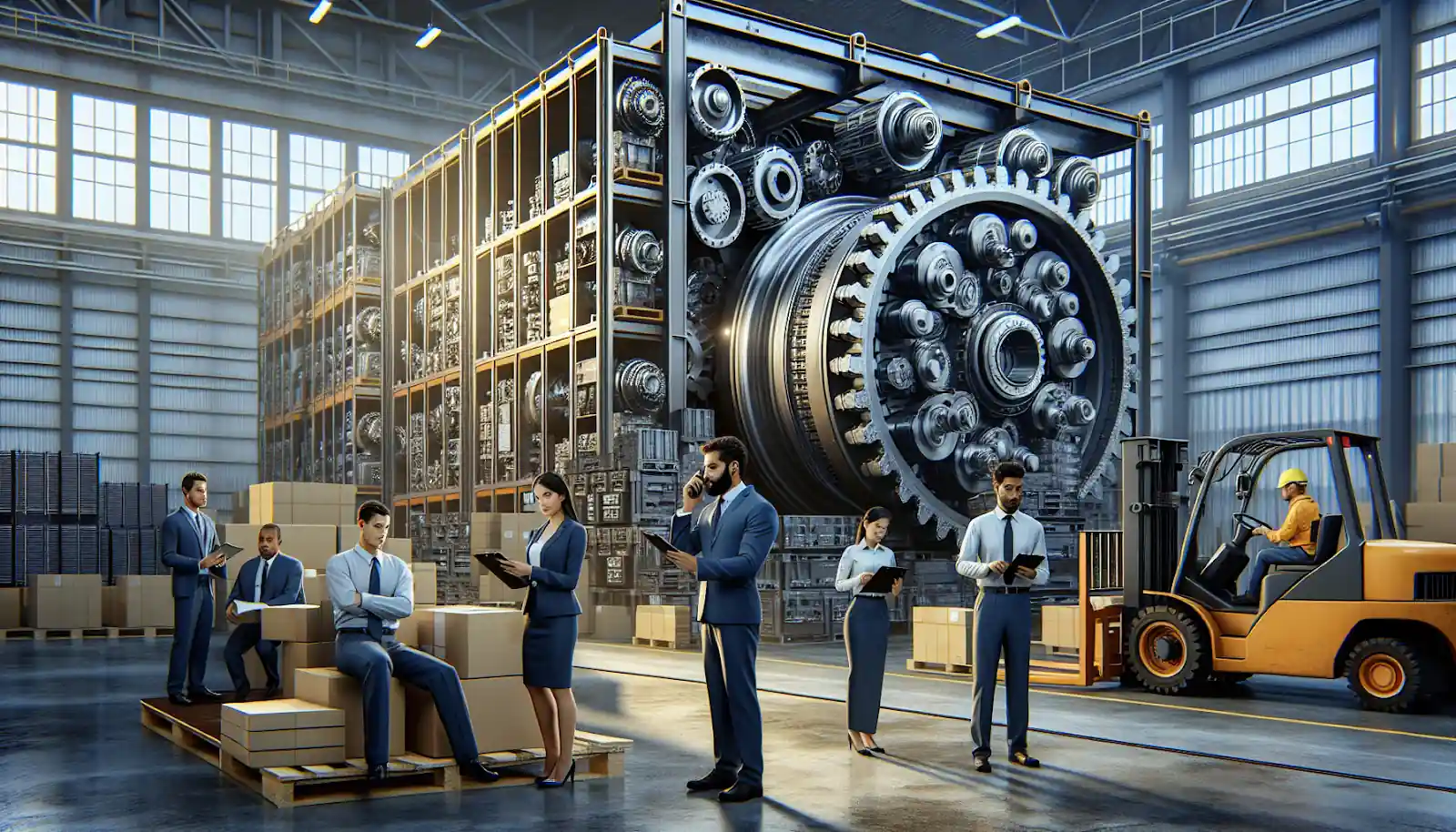
How to Source Mining Machinery Parts: Tips and Strategies
